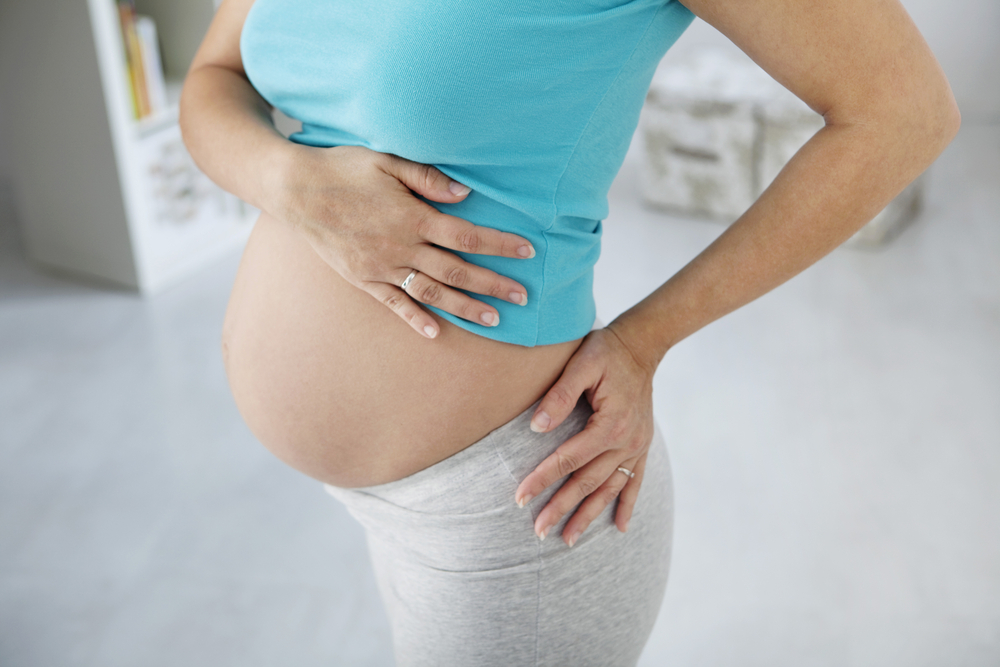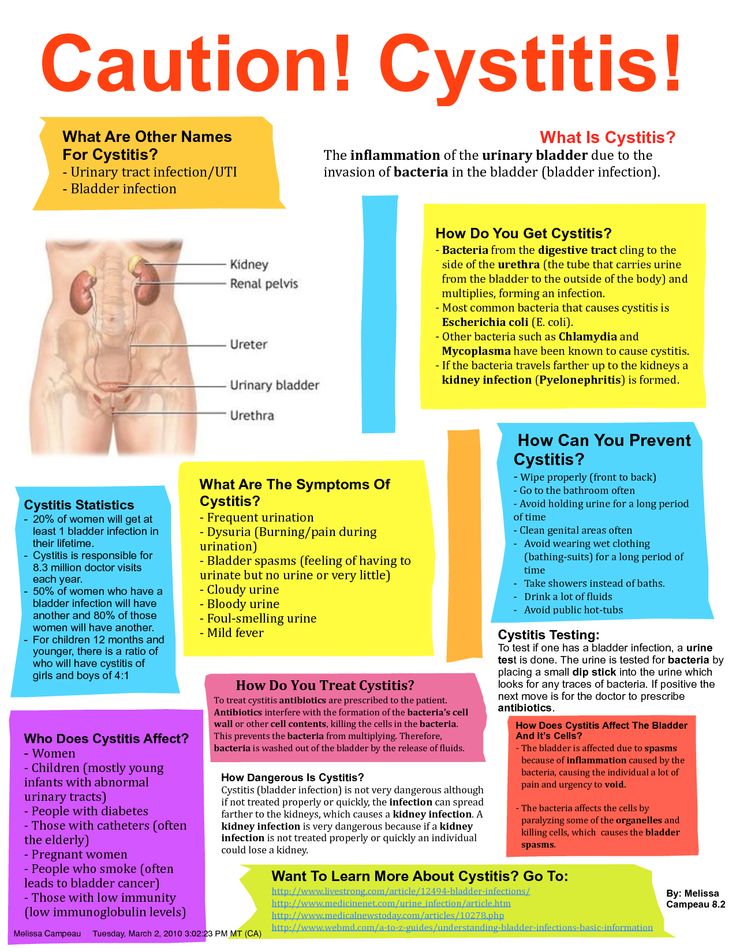Immediate symptoms of pregnancy
16 early signs of pregnancy
You’ve got one question on your mind: Could I be pregnant?
A pregnancy test is the only way to know for sure. But if it’s too early to take a test, you may be on the lookout for early signs – or maybe you think you’re already experiencing some early pregnancy symptoms.
Is it too early to tell if you’re pregnant? What symptoms may be the earliest signs of pregnancy? Below, we answer those questions and more.
How early can you tell if you’re pregnant?
Again, you’ll need to take a pregnancy test at the right time to confirm your hopes or suspicions. But when it comes to the first symptoms of pregnancy, everyone is different. Some people start to notice changes within a week after conception. Others might not notice anything until they miss their period.
When should you take a pregnancy test?
It’s usually recommended that you take a pregnancy test after you’ve missed your period. This is because pregnancy tests measure the level of human chorionic gonadotrophin (hCG) in your body, which is a hormone that starts to build up when you conceive. It can take around three to four weeks from the first day of your last period for there to be enough hCG in your body to show up on a test.
What are the first symptoms of pregnancy?
The most common sign of early pregnancy? A missed period.
Your menstrual cycle is your body’s way of preparing for a possible pregnancy each month. Part of that is the thickening of your uterine lining, which is where a fertilized egg would implant to begin a pregnancy.
If you’re not pregnant, your period is how your uterus sheds that extra lining. If you are pregnant, that lining stays put and you don’t get your normal flow. This is why a missed period is often the earliest sign of pregnancy.
Of course, a delayed or missed period doesn’t always mean you’re pregnant. If your body is under a lot of stress or you have a hormonal imbalance, you could be experiencing an irregular menstrual cycle.
What other symptoms can be early signs of pregnancy?
Every person – and every pregnancy – is different. So, if you are pregnant, you’ll likely experience a unique combination of common, not-so-common and sometimes overlapping symptoms. And, they may show up earlier or later than expected. Here are more than a dozen possible symptoms of early pregnancy.
So, if you are pregnant, you’ll likely experience a unique combination of common, not-so-common and sometimes overlapping symptoms. And, they may show up earlier or later than expected. Here are more than a dozen possible symptoms of early pregnancy.
1. Spotting or light bleeding
Many women are surprised to learn that spotting or light bleeding can be an early sign of pregnancy, but about one-third of women experience it. This is often called implantation bleeding because doctors believe it occurs as the fertilized egg attaches (or implants) itself into the uterine lining. This is different from bleeding that could occur from something like a miscarriage – which is usually heavier.
When does implantation bleeding occur?
Implantation bleeding typically occurs 10 to 14 days after conception, which is just before or right around the time your period is due. So, you may think you’ve gotten your period.
But implantation bleeding is a light flow, which may start and stop over a couple days. And while it can take on a range of colors, it’s more likely to be pink, brown or light red.
And while it can take on a range of colors, it’s more likely to be pink, brown or light red.
Your period, on the other hand, may start off light in flow and in color but after a couple days becomes heavier, changes to a crimson red color and lasts up to a week or so.
2. Lower abdominal pain or cramping
While cramps and lower-abdominal pain can signal a coming period, they can also be a sign of egg implantation.
What do implantation cramps feel like?
Implantation cramps can occur with or without spotting or bleeding, and may feel different from period cramps. For example, you might feel mild to moderate prickling, pulling or tingling that comes and goes over a few days.
But menstrual cramps can often feel like a throbbing or dull ache, and typically start a day or two before your period.
3. Higher basal body temperature
If you’ve been tracking your basal body temperature (BBT) to increase your chances of getting pregnant, you probably know that your BBT goes up slightly right after ovulation. If you’re pregnant, your temperature may remain elevated rather than dipping back down.
If you’re pregnant, your temperature may remain elevated rather than dipping back down.
Of course, you could be running hot for other reasons, but if it lasts more than a few weeks, pregnancy may be the explanation.
4. Changes in cervical mucus
If you’ve already been checking your cervical mucus to figure out when you’re most fertile, here’s a reason to continue: In the first few weeks of pregnancy, the amount of cervical discharge may increase and become stickier and whiter.
5. Breast tenderness, swelling or tingling
When you’re pregnant, your body experiences big changes in hormones – specifically, increases in estrogen and progesterone – to support your growing baby. This change in hormones can contribute to many symptoms, including breast tenderness.
Oftentimes, increased breast tenderness, swelling or tingling start to become noticeable a few days before a missed period.
If you usually experience breast tenderness leading up to your period or shortly after it begins, pregnancy-related breast tenderness and swelling will likely be more intense than you’re used to and stick around. You may also experience nipple soreness.
You may also experience nipple soreness.
6. Fatigue
Fatigue in early pregnancy is common, and some women might notice it before they know they’re pregnant. In fact, fatigue may set in as soon as one week after conception. This is thanks to those sudden changes in hormone levels, particularly increasing progesterone.
7. Frequent urination
If you’re making more trips to the bathroom than usual around the time your next period is due, it may be a sign of pregnancy.
Certainly, your drinking habits play a big role in how many times you pee in a day. However, pregnancy increases the amount of blood in your body, which gives your kidneys more fluid to filter and more waste to get rid of.
So if you’re pregnant, you may notice you’re peeing a lot more – a symptom that can start early on and (unfortunately) last throughout your pregnancy.
8. Nausea or vomiting
Morning sickness might be the most well-known of all pregnancy symptoms, taking the form of food aversion or nausea, and even vomiting for some. This symptom can set in as early as two weeks after conception, which is around the fourth week of pregnancy and right around the time you’d miss your period if you were pregnant.
This symptom can set in as early as two weeks after conception, which is around the fourth week of pregnancy and right around the time you’d miss your period if you were pregnant.
But some may not experience nausea or vomiting at all. And despite its name, morning sickness can actually happen at any time of the day or night.
9. Darkening areolas
When you’re pregnant, your areolas (the areas round your nipples) will likely grow and darken. Usually, these changes are gradual and continue throughout pregnancy. However, some women notice these changes really early on in combination with other symptoms.
10. Bloating or constipation
We all experience bloating or constipation from time to time, but both are quite common during pregnancy. Once again, those changing hormones are the culprit. They slow down digestion, which can cause a buildup of air in the gut and lead to constipation.
Early on, bloating or constipation may be mild and accompanied with other pregnancy symptoms.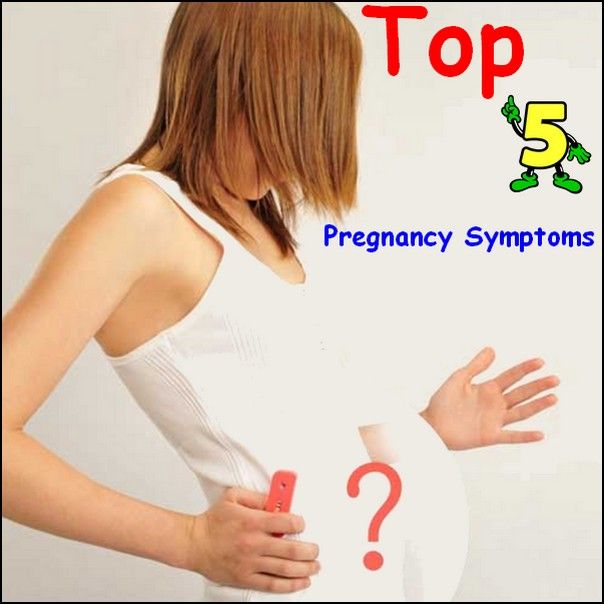 But – as a heads up – if you really are pregnant, these symptoms may stick around throughout your whole pregnancy.
But – as a heads up – if you really are pregnant, these symptoms may stick around throughout your whole pregnancy.
11. Metallic taste in your mouth
Many women report a metallic taste in their mouth during pregnancy. Once again, hormones are to blame – specifically, estrogen.
Typically, this symptom (as well as changes in taste overall) is common in the first trimester but may occur at other times too – including before a missed period.
12. Sensitivity to smell
Many women report that sensitivity to smell was one of their first signs of pregnancy. In fact, as many as two-thirds of women become more sensitive or reactive to the smells around them during pregnancy.
And oftentimes, this heightened sense of smell can stick around through the first trimester or beyond, and contribute to other symptoms such as nausea, and food cravings or aversions.
13. Mood changes
From a stressful day at work to the natural wonders of your menstrual cycle, there are a lot of things that can affect your mood. But changes in mood are very common during pregnancy – and they may be especially noticeable early on as your body gets a sudden burst of estrogen and progesterone.
But changes in mood are very common during pregnancy – and they may be especially noticeable early on as your body gets a sudden burst of estrogen and progesterone.
If you are pregnant, any mood changes you’re experiencing are likely coupled with other symptoms such as fatigue or nausea. You may feel more sensitive or weepy. Or perhaps your fuse is a little shorter and you’re more easily annoyed.
14. Headaches
Headaches are a part of life. They come with colds and allergies. They come with stress or fatigue, or when you cut down on caffeine to help prepare your body for pregnancy. But they can also come with pregnancy.
Headaches can happen thanks to the increasing blood volume and hormonal changes that occur in early pregnancy. You can also get headaches if you’re dehydrated as a result of nausea.
15. Dizziness
As blood flow increases during pregnancy, blood pressure can also decrease and lead to dizzy spells. Usually, dizziness is more of a second trimester symptom, but some women may notice it very early on, too.
16. Nasal congestion
A lot of people are shocked to learn that nasal congestion can be a pregnancy symptom. You may wonder if you’re coming down with something or your allergies are acting up. But if you’re noticing a stuffy or runny nose along with other pregnancy signs, you might be taking a pregnancy test in the near future.
The mucous membranes in the nose are also affected by hormones and increased blood flow throughout your body. This can cause blood vessels to swell, resulting in congestion and even sneezing.
Could you have early pregnancy symptoms and not be pregnant?
Yes. As we’ve mentioned, many early pregnancy symptoms can overlap with symptoms of other conditions, especially premenstrual symptoms. So, the best way to know if the symptoms you’re experiencing are pregnancy related is to try to relax and patiently wait until it’s time to take a pregnancy test.
When should you see a doctor about a new pregnancy?
If you’ve taken a pregnancy test and it’s positive, go ahead and make your first prenatal visit right away.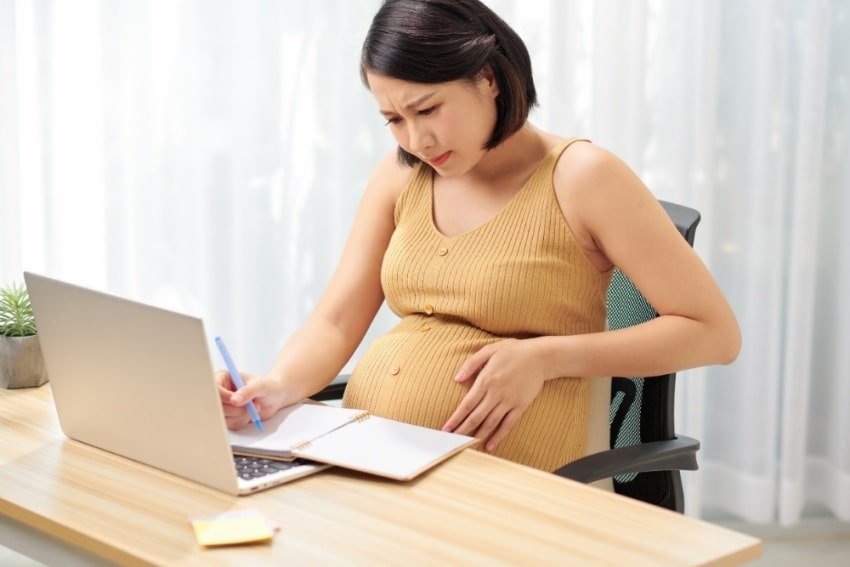 This is also a great time to start looking into educational resources like the myHealthyPregnancy app.
This is also a great time to start looking into educational resources like the myHealthyPregnancy app.
At the first prenatal visit, you’ll get a physical exam and other tests to make sure everything is looking healthy, and you’ll learn about the rest of your prenatal appointment schedule. You’ll also get to talk through any expectations and questions you have, such as which foods to eat and avoid while pregnant.
Questions or concerns about your symptoms? Our 24/7 nurse line is free for our members and patients.
Positive pregnancy test? Schedule a visit.
Preparing for pregnancy checklist | HealthPartners Blog
Yay! Your trying-for-a-baby days are about to begin. You’re ready to get to work, but is your body ready for pregnancy?
Our bodies are capable of incredible things, but that doesn’t mean getting pregnant is easy for everyone. That’s why preparing your body for pregnancy is so important. Your physical, mental and emotional health are essential for increasing your chances of conception and a healthy pregnancy.
From figuring out when you’re most fertile during your cycle to what to eat while trying to get pregnant, we’ve put together a preparing-for-pregnancy checklist to help you get started on preconception planning.
Preparing for pregnancy Part 1: Take your first baby steps
Stop using birth control
One of the first things to do before getting pregnant is simple: you’ll need to stop any birth control methods you’re using. Just make sure you’re ready.
Barrier birth control methods, like condoms or a diaphragm, can be used until the day you start trying to conceive. If you’re using contraceptives like birth control pills or an intrauterine device (IUD), you may want to switch to a barrier method now if you’re planning to start trying in the next couple months. Why?
In order to get pregnant, you need to begin regular ovulation again. Ovulation occurs when an egg is released from your ovary – which is something birth control pills, rings, patches, implants and hormonal IUDs are meant to prevent. These types of hormonal birth control methods can also make your cervical mucus thicker, which helps prevent sperm from reaching an egg if it is released.
These types of hormonal birth control methods can also make your cervical mucus thicker, which helps prevent sperm from reaching an egg if it is released.
Getting pregnant immediately after stopping birth control is possible, but it could take several months.
Track your menstrual cycle
The first day of your period marks the beginning of a new menstrual cycle – the monthly process that makes pregnancy possible. And tracking your cycle helps you do two things: understand the patterns of body changes you experience throughout your cycle and narrow down your fertile window.
Your fertile window is when your chances of conceiving are highest. Your fertile window also includes your ovulation window, which is a roughly 24- to 72-hour time period when conception can occur.
When are most women usually fertile? The average cycle length is 28 days, but it can range from 21-35 days. Depending on your cycle, your fertile window can be six to 10 days in length and occurs mid-cycle.
So, the next time your period rolls around, start tracking. Record when your period starts and when it ends, what you notice about your flow, and any symptoms you have. These symptoms might include cramps, back aches or breast tenderness during your period and throughout the rest of your cycle.
If this seems a little daunting, don’t worry. You can use a fertility tracker app to help. There are dozens of mobile apps out there designed to make it easy to track your period and symptoms, visualize patterns and (eventually) time your baby-making sessions. Some apps include:
- Clue
- Flo
- Fertility Friend
- premom (which pairs with their ovulation testing kits)
Eventually, you may start tracking fertility data like basal temperature or ovulation test data too. Your basal temperature – your resting body temperature – can rise slightly when you’re ovulating. And at-home ovulation tests can help detect a surge in luteinizing hormone (LH) in your urine, which signals ovulation is near.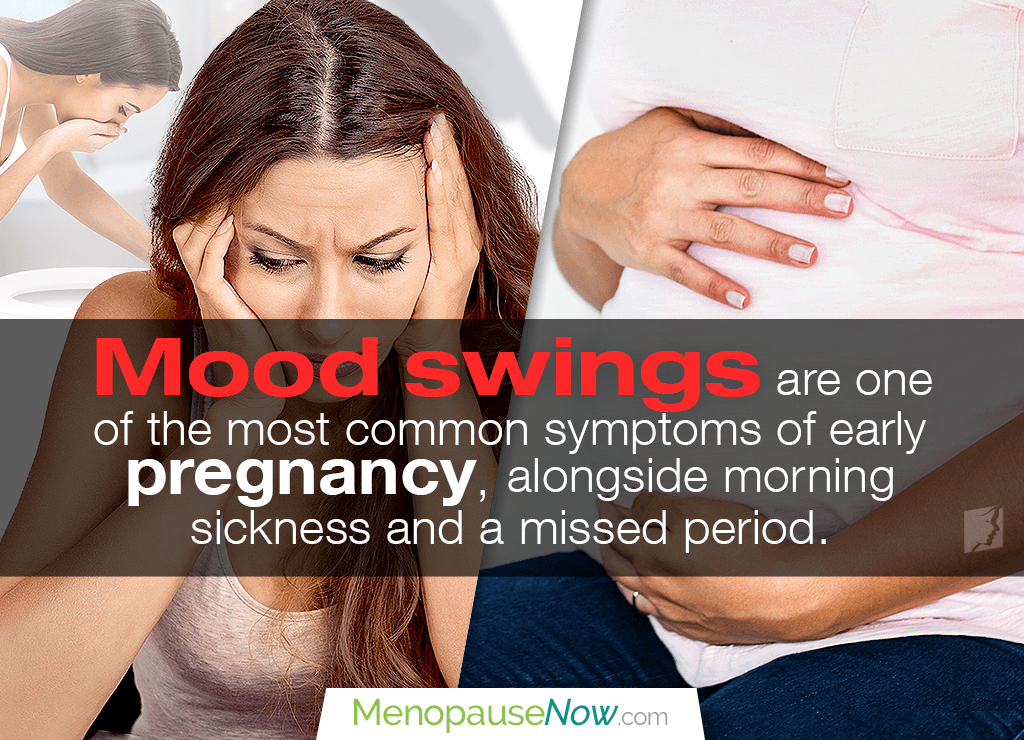
Both can help you figure out your most fertile days and time sex for the best chances of conception – and a fertility tracker can be extremely helpful in keeping track of all the data each month.
Schedule a preconception checkup
The best way to prepare your body for pregnancy is to make sure your body is healthy – and that’s where a preconception visit with an OB-GYN, certified nurse-midwife (CNW) or family medicine doctor comes in.
A preconception checkup is similar to an annual physical but includes additional care geared toward family planning and pregnancy. It may take a couple of weeks for you to get in for an appointment. That’s why we recommend that you make a preconception appointment early on.
Here are some of the things you can expect during your visit:
- A review of your medical and reproductive history, including:
- Whether you’re up to date on recommended immunizations like tetanus, hepatitis and whooping cough
- Current medications you’re taking (including vitamins and supplements)
- Health conditions you’re managing, like diabetes, anxiety, high blood pressure or other medical concerns
- Past pregnancies
- A discussion about your lifestyle and working environments
- Pre-pregnancy diet and prenatal vitamin recommendations
- A physical exam, which may include a Pap test and pelvic exam
- Lab tests (depending on a variety of factors like your age or current health conditions)
- A time to ask any preconception planning questions or concerns that are on your mind – now is the perfect time to ask your doctor, nurse practitioner or midwife
What’s the difference between a midwife and OB-GYN? Or how about a family doctor for pregnancy? All can provide you with incredible care now and if you get pregnant.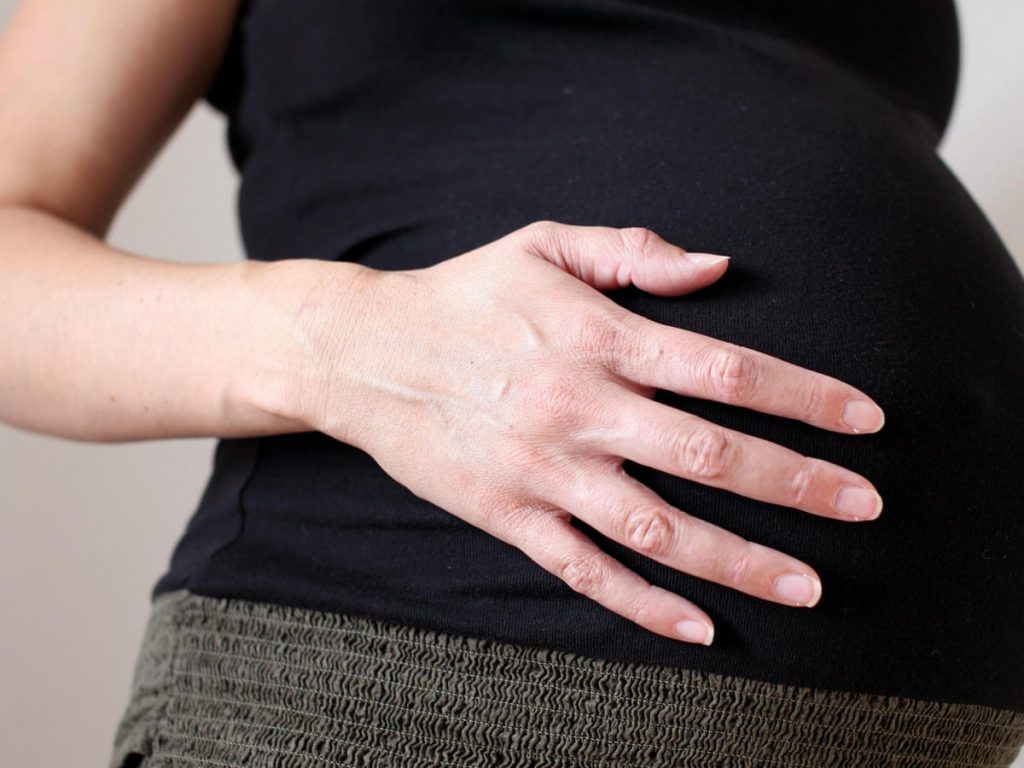 Choosing the right person for you comes down to your health, pregnancy goals and preferences.
Choosing the right person for you comes down to your health, pregnancy goals and preferences.
We’re ready if you’re ready. Schedule a preconception appointment today.
Make a preconception appointment
Ask your partner to schedule his own preconception exam, too
Your partner’s health is just as important as yours when you’re trying to have a baby. Health issues like obesity, depression or stress, and lifestyle factors such as smoking and drinking alcohol are just a sampling of the factors that can impact male fertility. So, get your own appointment on the books and ask him to do the same.
Planning for pregnancy Part 2: How to prepare your body for pregnancy
Start taking a prenatal multivitamin
Many women wonder when to start taking prenatal vitamins. Once you know you’re pregnant? Before? The first few weeks of pregnancy are important for fetal health and development. Certain vitamins – especially folic acid – help with development and help reduce birth defects.
When you do conceive, the earliest you may find out you’re pregnant is around Week 4. So if you’re planning for pregnancy starting prenatal vitamins before you’re pregnant (and continuing them throughout your pregnancy) is important.
There are plenty of prenatal multivitamin brands to choose from – just make sure you read the labels. Look for prenatal vitamins that have a minimum of 400 milligrams of folic acid and aim to take them for a full month before becoming pregnant.
Begin a pre-pregnancy diet
Maintaining a healthy, balanced diet is always important for your health and well-being. But when you’re trying to conceive, give your body the nutrients it needs to support a healthy pregnancy.
What does a pre-pregnancy diet look like? Eating a variety of foods is important. Your body needs adequate protein, carbohydrates and fats for energy, as well as folic acid, calcium and iron. These are the same nutrients you'll want to include in your diet once you are pregnant.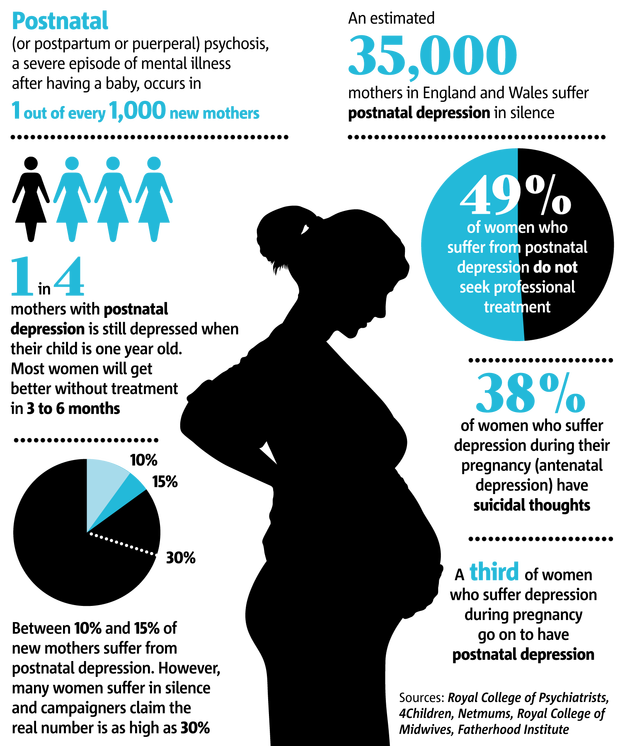
- Proteins – Protein helps support important body functions like tissue repair, hormone function and muscle building. It also helps you regulate your blood sugar. Lean proteins like fish that are low in mercury, skinless turkey or chicken, low-fat dairy, and legumes (peas, beans and lentils) help support body function while also limiting your intake of saturated fats.
- Fats – Saturated fats raise blood lipids. Over time, this can increase your risk for heart disease. So, reduce your intake of saturated fats like butter, cheese, and fatty meats such as beef and some pork products. Instead, add more unsaturated fats like olive oil, avocados, peanuts and tree nuts to your diet.
- Carbohydrates – Carbohydrates give your body energy but complex carbohydrates are the best choice. Processed foods like cookies, chips and soda – and anything with refined sugar added – are simple carbohydrates that don’t provide much if any nutritional value.
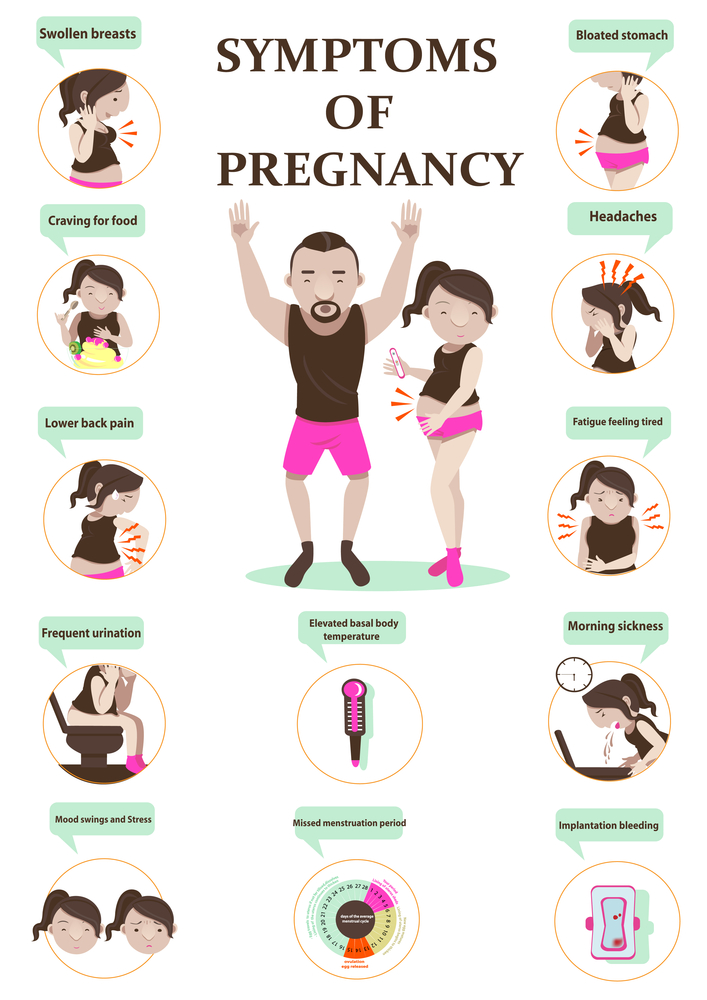 But complex carbohydrates like whole grains, fruits and vegetables are low in sugar or have natural sugars, and are excellent sources of essential vitamins and fiber:
But complex carbohydrates like whole grains, fruits and vegetables are low in sugar or have natural sugars, and are excellent sources of essential vitamins and fiber:
- Asparagus
- Avocado
- Bananas
- Beets
- Broccoli
- Brussels sprouts
- Citrus fruits
- Eggs
- Fortified grains
- Legumes
In addition to eating a balanced diet of proteins, fats and carbs in pre-pregnancy, you should also:
- Increase your water intake – Aim for 8-10 cups of water per day.
- Reduce your caffeine intake – You should cap yourself at 200 mg of caffeine per day, which is roughly the equivalent of one large cup of coffee.
- Assess your weight – Being overweight (and underweight) can have an impact on your fertility, making it more difficult to conceive or sustain a healthy pregnancy. Being overweight while pregnant can also increase the risk of high blood pressure, gestational diabetes, oversized babies and more.

Make a quit plan
Over the years, numerous studies have shown that smoking while pregnant, as well as drinking and using other drugs, can be harmful to mothers and their babies. But you might not know that smoking, drinking and drug use while you’re trying to conceive may be detrimental too.
Smoking has been linked to a range of fertility issues, including increased risk of ectopic pregnancy, damage to eggs as they develop in your ovaries, changes to your uterine lining that may make correct embryo implantation less likely, and more.
When it comes to drinking while trying to conceive, one of the biggest concerns is the impact alcohol can have in the early weeks of pregnancy. Crucial organ development happens in the first few weeks – before you might know that you’re pregnant – and excessive drinking can lead to complications. Try to avoid or limit alcohol while trying to conceive, then avoid during pregnancy.
If you need help quitting, talk with your doctor, midwife or nurse practitioner during your preconception exam. They can connect you with helpful resources, and if you’re a HealthPartners insurance plan member, you have free access to a health coach. Just call 800-311-1052 to get started.
They can connect you with helpful resources, and if you’re a HealthPartners insurance plan member, you have free access to a health coach. Just call 800-311-1052 to get started.
Start exercising before getting pregnant
Physical activity – along with a healthy diet – is important for maintaining a healthy weight and strengthening and conditioning your body. Pregnancy is a lot of work for your body. Staying active and exercising can improve your overall health, help prepare your body for pregnancy and set your baby up for a healthy start.
How often should you exercise when you’re trying to get pregnant?
Generally, 30 minutes of moderate exercise five times a week (or 150 minutes each week) is a good goal. If you’re not used to exercising regularly, start with 10- to 15-minute blocks and work your way up. If you’re already pretty active, try to increase your activity level to between 150 and 300 minutes each week.
What type of exercise should you do if you’re trying to get pregnant?
Walking is an easy, relatively low-impact way to get moving. Restorative exercises like stretching, yoga and foam rolling are great for relaxation and healing from more strenuous activities. Squats can also be a good strengthening exercise – especially since you may be getting low to pick up toys or your baby in the near future. What’s more, these are also safe exercises to do during pregnancy. So it’s worth getting familiar with at least a few of them.
Restorative exercises like stretching, yoga and foam rolling are great for relaxation and healing from more strenuous activities. Squats can also be a good strengthening exercise – especially since you may be getting low to pick up toys or your baby in the near future. What’s more, these are also safe exercises to do during pregnancy. So it’s worth getting familiar with at least a few of them.
Limit toxin exposure at home and at work
From cleaning products to cosmetics, you encounter toxins every day – many of which can be harmful to reproductive health. While you may not be able to eliminate exposure to certain toxins, there are steps you can take to minimize or avoid exposure. Some tips include:
- Avoid secondhand smoke whenever possible
- Ditch chemical-based household cleaners and make your own using vinegar and water
- Avoid heavy use of in-home air fresheners
- Don’t overuse aerosol sprays (e.g. hairspray, deodorant, etc.)
- Drink filtered water
- Don’t spray for bugs and rodents inside your home: Keep your home clean, use bait traps and (if necessary) hire only a licensed pest control expert
- Always rinse vegetables and fruits with warm water or scrub with a clean brush if needed.
 Produce labeled “pre-washed” or “ready to eat” does not need to be rinsed.
Produce labeled “pre-washed” or “ready to eat” does not need to be rinsed. - Use BPA-free products (BPA is a chemical used in food containers and packing, and many hygiene products)
- Talk to your company about potential toxins you may be exposed to in the workplace
Look for ways to reduce stress and increase rest
Stress can impact your health in a lot of different ways. Stress can cause physical symptoms like increased heart rate, high blood pressure, headaches, fatigue, muscle soreness and upset stomach. Stress can affect your mood, making you feel anxious, overwhelmed, restless or irritable. Stress can also lead to behavior changes like overeating or undereating, social withdrawal or angry outbursts.
The bottom line? Stress can negatively impact your overall health and well-being – which can impact your fertility and your eventual pregnancy. So, look for ways to reduce stress and destress, as well as get more rest.
We know, we know. Easier said than done, right? But here are a few suggestions for how to reduce stress when trying to conceive:
- Busy schedule – If your schedule is hectic, look for ways to cut back on your commitments or delegate responsibilities.
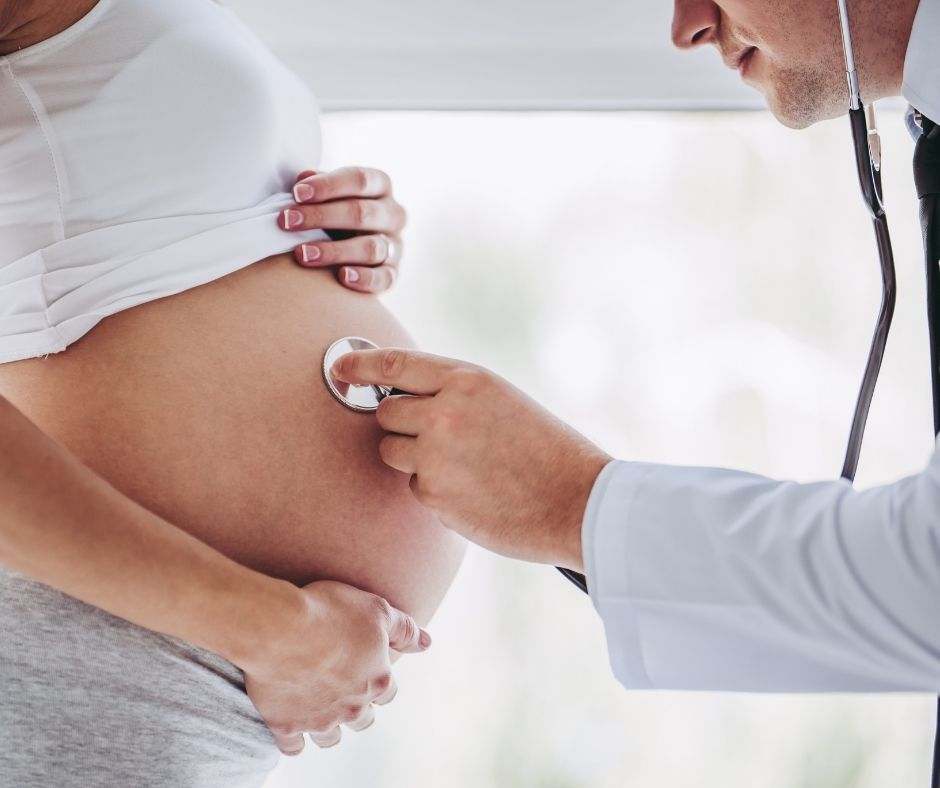 For example, if you host a monthly book club, ask another member to take over for a while. If you have a lot of errands to run, ask your partner to pitch in. If you need to hit the grocery store, consider using a delivery service.
For example, if you host a monthly book club, ask another member to take over for a while. If you have a lot of errands to run, ask your partner to pitch in. If you need to hit the grocery store, consider using a delivery service. - Work – If you’re stressed about work, talk to your supervisor about getting a little extra support or changing up your schedule.
- Finances – If you’re stressed about finances, make a budget tracker with your partner. Also review your insurance coverage for prenatal care, postpartum care and pediatric care, and learn about your company’s maternity leave policy. This can help you prepare for what’s to come.
- Intimacy – If you’re stressed about the time you and your partner will spend trying to conceive, know that you’re not alone. When trying to conceive, many couples feel like sex can turn into a chore. So, try to carve out additional time for you and your partner to connect – inside and outside the bedroom.
If you think you need a little help to reduce stress, talk with your primary care doctor. They can work with you to manage your stress and connect you with a mental health specialist if needed.
They can work with you to manage your stress and connect you with a mental health specialist if needed.
Schedule your next trip to the dentist
Your oral health is an important part of your overall health. Plus, hormonal changes – not to mention more frequent snacking and morning sickness – during pregnancy can affect your teeth and gums. So, good daily brushing habits and keeping up on your regular trips to the dentist are important.
Pregnancy planning Part 3: Get busy
Use pregnancy-friendly lubricants
Lubricants help make sex more enjoyable and comfortable – especially when you’re trying to get pregnant. But the vast majority of lubricants aren’t designed for trying-to-conceive couples. These lubricants can be harmful to sperm, interfering with sperm motility, integrity and survival.
Fertility-friendly lubricants mimic the consistency of your cervical mucus and provide a protective environment for sperm as they make their way through your reproductive system.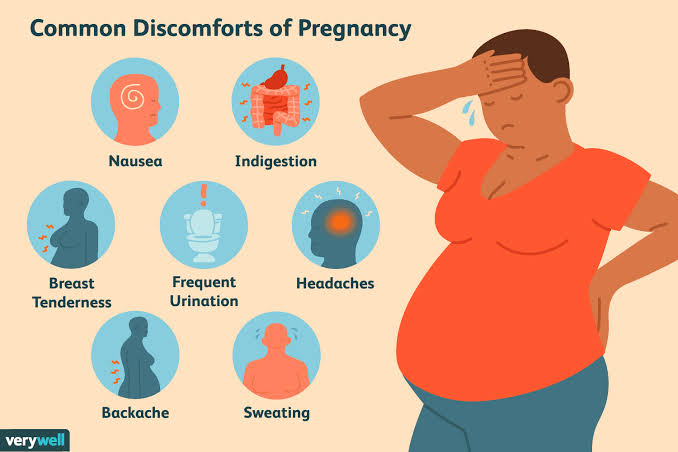 Ask your doctor, midwife or nurse practitioner for a safe recommendation.
Ask your doctor, midwife or nurse practitioner for a safe recommendation.
Have sex
Sex is an important part of the baby making equation. So, if you’re ready to start trying for a baby, make regular lovemaking a priority.
Be spontaneous yet committed to regular sex. Don’t worry about timing at first, just focus on having unprotected sex frequently throughout your cycle, and use your fertility tracking journal or app to record the days you have sex.
Start preparing your mind and body for pregnancy today
This is such an exciting time in life for you and your partner – and a little planning can go a long way.
Get started by putting aside your birth control, tracking your cycle to get more familiar with your body and making a preconception appointment. Then focus on things like adding a daily prenatal vitamin, diet and exercise, kicking bad habits and so on. Finally, let the practice begin. Get a fertility-friendly lubricant and start your baby-making sessions.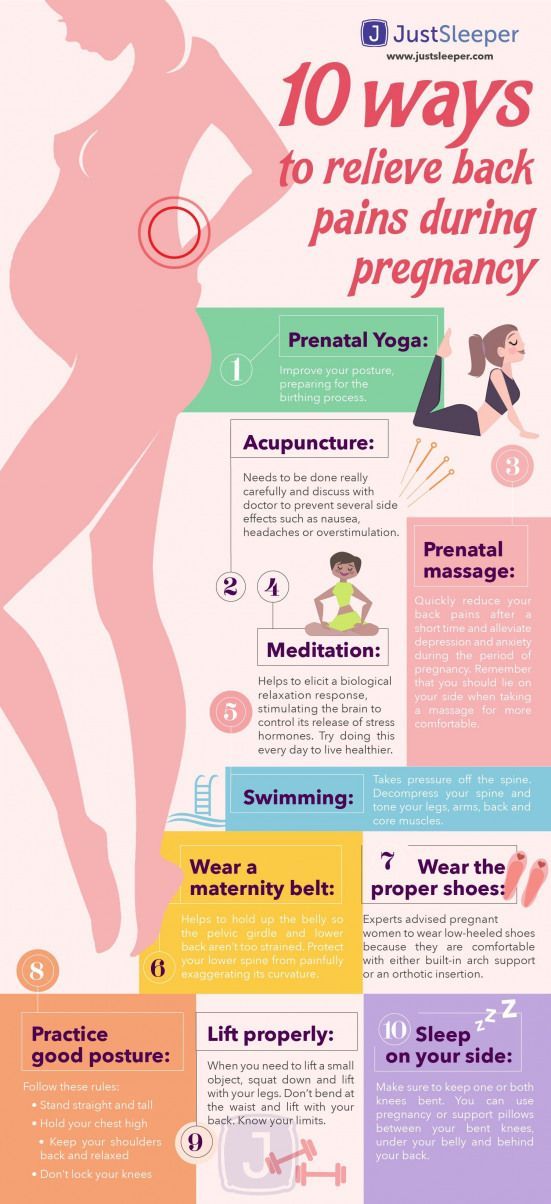 You’ll be scheduling your first prenatal appointment before you know it.
You’ll be scheduling your first prenatal appointment before you know it.
We also have a robust pregnancy resource guide that connects you with all kinds of tips and information to help you on your pregnancy journey.
We’re ready if you’re ready. Schedule a preconception checkup today.
Make a preconception appointment
The first symptoms of pregnancy - KGBUZ City hospital No. 12, Barnaul: articles
For many women, the first sign of a potentially "funny situation" is the absence of menstruation. A natural question arises: "Am I pregnant?" If the expected symptoms of early pregnancy are already in your life and you have experience in such things, then everything is not so difficult. If this is your first time, there is some confusion.
So let's take a look at some of the most common pregnancy symptoms. Of course, one should not make a definitive diagnosis on one's own, clutching one's head or jumping for joy, just from the reported symptoms. For some women, the first "bells" appear within a week or two after conception. Others say that such phenomena appear only after a few weeks or almost never.
For some women, the first "bells" appear within a week or two after conception. Others say that such phenomena appear only after a few weeks or almost never.
How do you know if you are pregnant?
The main expression ends with a girl.
- Complaints (symptoms are suspicious, of little use, often not confirmed later, menstruation starts after a few days).
- (often these symptoms indicate early pregnancy, but may be due to other reasons not related to intimate relationships).
- Reliable (it will appear later, and in 100% of cases it will be possible to confirm the presence or absence of pregnancy and its duration, which will help to find out the exact condition and decide what to do next).
The first signs of pregnancy in women refer to suspected and possible symptoms. Often they are subjective, sometimes they are not associated with the emergence of new life and cannot accurately determine the occurrence of fertilization.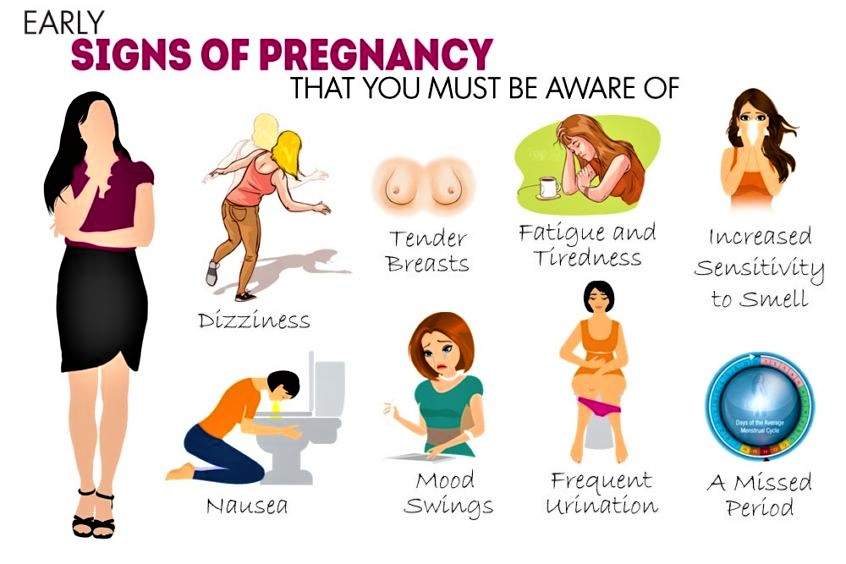 For example, is it possible to get pregnant without penetration or is it possible to get pregnant from intermittent intercourse with intermittent lubrication?
For example, is it possible to get pregnant without penetration or is it possible to get pregnant from intermittent intercourse with intermittent lubrication?
Only at a gynecologist's appointment can you finally understand what is happening with your body. The doctor will answer that this is some kind of disorder in the body or is it time to start a new life? So how is the onset of conception manifested?
About pregnancy symptoms
1. No regular menses. The first thought a woman has is “pregnant”. Yes, delay is a completely natural symptom of pregnancy. By its presence, it can be assumed that conception has occurred. You may feel cramps or feel like a cycle could start at any moment. Spasms are often accompanied by back pain. However, the cessation of menstruation can be caused by a variety of diseases, hormonal and psychological disorders.
2. Implantation bleeding. Approximately 6-12 days after conception, the embryo implants in the endometrium. You may also have light spotting about 8-10 days after ovulation, which may coincide with when your period is due. It often has a "creamy" yellow or pink consistency. It may appear after some time, but in this case, you should consult a doctor to rule out the possibility of a miscarriage or ectopic pregnancy.
It often has a "creamy" yellow or pink consistency. It may appear after some time, but in this case, you should consult a doctor to rule out the possibility of a miscarriage or ectopic pregnancy.
Other blood causes that are not symptoms of pregnancy: normal menstruation, ovarian dysfunction, side effects of contraceptives, infection, damage to the vaginal wall during intercourse.
3. Nausea in the morning, sometimes vomiting. During the first few days, pregnant women may begin to feel strong, receptor blinking may worsen, and certain foods may cause vomiting and nausea. This condition is defined as "toxic" at an early stage. It is important to avoid confusion with worsening disease associated with intestinal infections and the gastrointestinal tract.
4. The amount of urination increases. This is a perfectly normal symptom that occurs more than a week after the conversion, and nearby organs, including the bladder, are compressed by the developed uterus. The number of toilets may increase slightly or get up in the middle of the night.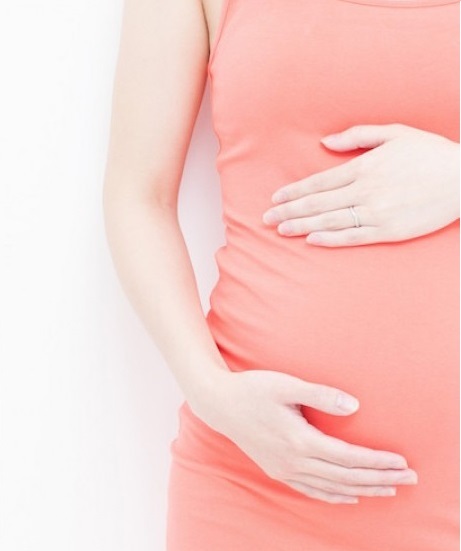 For women, frequent pulses may be "small" in some inflammatory processes, and they are not necessarily pregnant.
For women, frequent pulses may be "small" in some inflammatory processes, and they are not necessarily pregnant.
5. Tightness of the mammary glands from early pregnancy, some people feel that the breasts are "spilled", "tight" and "slightly swollen". The size of the nipple changes, the nipples become very sensitive, the areola may be darkened, and a little secretion may appear from the nipple.
6. Lumin's pain. These symptoms may indicate that the pregnancy period is short. Other causes of menstrual syndrome (PMS), anxiety, back problems, physical and mental stress.
7. Promotion of appetite. More to eat suggests that the body is fed for two people. For example, most women are sensitive to everyday smells and common foods, such as nausea with tea, coffee, and toast.
8. I feel tired. From the moment of pregnancy, the body tries to carefully reconstruct all functions, which leads to a decrease in physical strength and the accumulation of fatigue.
9.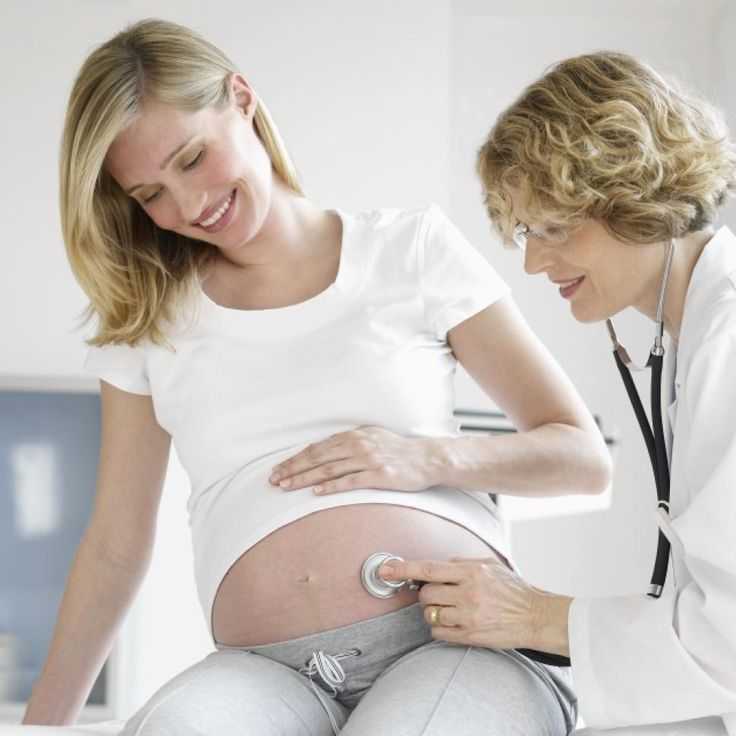 Headache / swoon. Most pregnant women try to avoid a particular food unknowingly because this symptom affects their sense of smell and taste. It affects the lowering of blood sugar levels, causing dizziness and fainting.
Headache / swoon. Most pregnant women try to avoid a particular food unknowingly because this symptom affects their sense of smell and taste. It affects the lowering of blood sugar levels, causing dizziness and fainting.
10. If the temperature indicator of the rectal basal body temperature is above 37 ° C, the girl is pregnant.
11. Changes in the external genital organ. Darkening of skin pigments in the large labia, an increase and some blue may indicate the inevitable replenishment of the family.
12. Skin discoloration can cause spots on the face and skin between the legs, and the home zone can be darkened, which is due to the rapid increase in hormones in the body.
13. Increased emissions. Many girls understand that the rejection has disappeared, the density has become deeper, and whitening.
14. It may come as a surprise, but you may notice that you have lost a few pounds during your early pregnancy.
15. Intuition. The reason for early pregnancy symptoms is that women just convince themselves when they feel.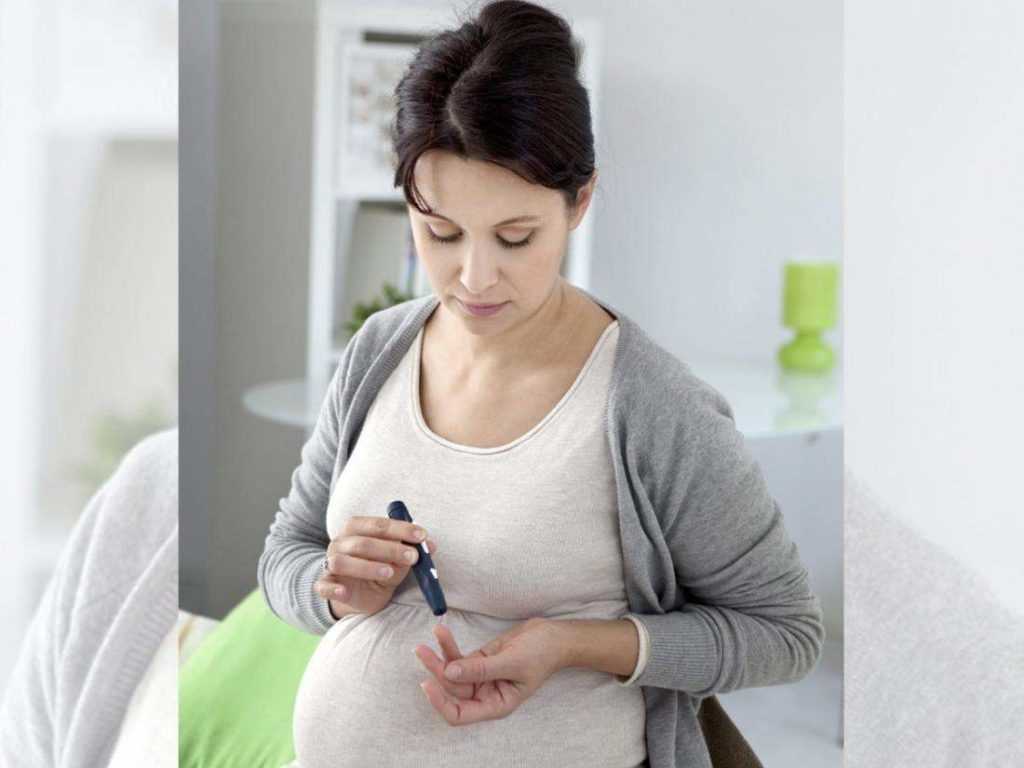 Sometimes some people find out right away that they are pregnant. There is a dream that leads to such thoughts.
Sometimes some people find out right away that they are pregnant. There is a dream that leads to such thoughts.
How to know if you are pregnant
If you have the above symptoms, there are some pretty useful ways to know for sure if you are pregnant or not and when. Right off the bat, let's judge that pharmacy tests are conditionally reliable and don't give an example of them. Therefore, the main methods for assessing the presence or absence of pregnancy and time are:
Gynecological screening in progress. Having studied the size and properties of the uterus, it is possible to diagnose an obstetrician from 3-4 weeks after the conversion.
I have an hCG blood test. This method tells you that your period is one to two days late, and on the other hand, it's about 3-5 weeks wide.
The period of pregnancy when there is an ultrasound diagnostic symptom in the gynecological area, can be sure that the ultrasound ultrasonography from the 4th to the 7th day and due to the absence of menstruation. You can check the eggs of the embryo in the ears of early ovulation.
You can check the eggs of the embryo in the ears of early ovulation.
Here are some ways to quickly and accurately perform a pregnancy diagnosis in the clinic.
End of this problem
If you have any questions about pregnancy symptoms, please contact the paid gynecological clinic. Consultation with a gynecologist, hCG tests and ultrasound in the vagina. I work every day from 10 to 00:00 every day, within walking distance from the Gotzowska metro station.
The symptoms are not deceived, and the girl is pregnant. What to do next? Treatment of pregnancy Pregnancy End of pregnancy
121165, Moscow, Kutuzovsky Prospect, 33
Copying and duplication of materials listed on this site is prohibited. The information posted on any page of this site is intended to provide information and advice only and cannot be substituted for a personal consultation with a doctor about adaptations and contraindications. The provision and procedures for the provision of all services and medical services (including but not limited to price, list, offer and discounts) do not set up public recruitment (Article 437 of the Federal Civil Code of Russia). Please contact reception for any questions. Women's Medical Center LLC © 1999-2022
Please contact reception for any questions. Women's Medical Center LLC © 1999-2022
So how can a girl answer the question "Am I pregnant?" Also, what symptoms appear in the early stages of pregnancy? Suppose the next menstruation is delayed, one day, two days, a week and no menstruation. At the same time, changes in physical condition (nausea, I want to temporarily go to the toilet, improved appetite) and changes in appearance (enlargement of my breasts, swelling of the vulva and nipples in the chest) began to appear Questionnaire
What is this hormonal background failure or does the method send the first signal for a complete and possible complementary family? And if you want to get pregnant, read the following article and find out how to get pregnant as soon as possible and what you need.
What are the signs of pregnancy
Menstrual irregularities are the most well-known and common sign that women are testing for pregnancy. "It doesn't work", which leads to the corresponding output.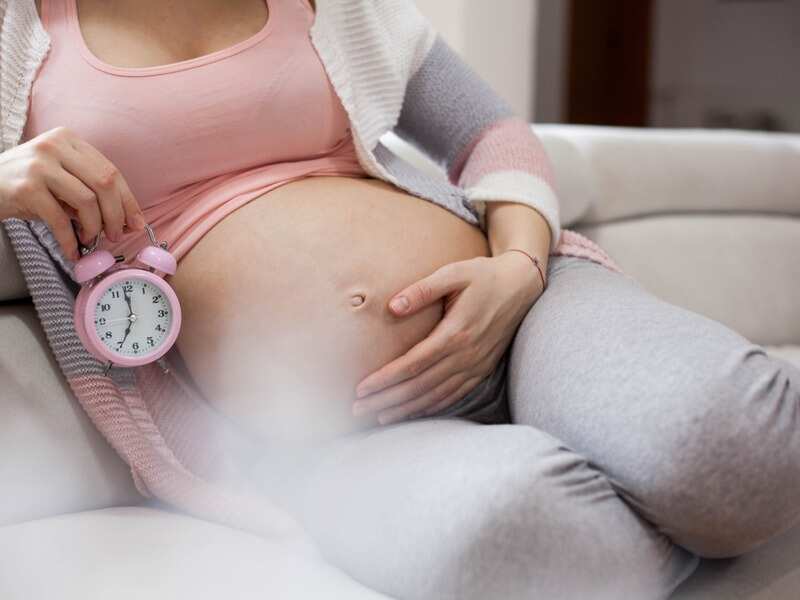 On the other hand, you may not notice any changes in your body. In some cases, it can only be understood 1-2 weeks after the hypothesis, or it can only be assessed by abdominal enlargement. It is said that some women will show signs of early pregnancy 7-14 years after intimate relationships such as defenseless sexual activity and caresses. Also, some people will definitely show up after a few weeks, and some people won't show up at all.
On the other hand, you may not notice any changes in your body. In some cases, it can only be understood 1-2 weeks after the hypothesis, or it can only be assessed by abdominal enlargement. It is said that some women will show signs of early pregnancy 7-14 years after intimate relationships such as defenseless sexual activity and caresses. Also, some people will definitely show up after a few weeks, and some people won't show up at all.
In gynecology, the evidence that can be "troubled" in terms of honesty is roughly divided into three.
- Signs of pregnancy to get delayed
- Indirect signature
- Possibly (lens)
- Immediate signs, intermediate signs, probability, lens, probability 100% reliable.
Pre-delayed pregnancy signs
Many of the pregnancy signs begin to appear before the delay. Already within a few days after fertilization. Therefore, women who for some reason do not eliminate such opportunities will listen to their bodies as soon as possible to judge the symptoms of pregnancy maturity. However, these signs are similar to those of other diseases in the body, so do not diagnose yourself without consulting a gynecologist.
However, these signs are similar to those of other diseases in the body, so do not diagnose yourself without consulting a gynecologist.
What are the signs of pregnancy before menstruation?
- Menstrual effects of the cycle and due to side effects of therapeutic drugs, stress, climate change, etc.
- There is implantation bleeding. A hardened egg can simultaneously adhere to the uterus. Before the onset of menstruation, there were first signs of pregnancy, which is very rare and usually light pink.
- Abdominal convulsions are one of the first signs of pregnancy, along with vaginal discharge.
- Want to eat in disorder. In the early days, you may be crazy about unusual food that you hated before.
- After pregnancy, you may notice that your breasts have grown or feel pain in your chest. The mammary glands were prepared for pregnancy and became sensitive and resilient before they were deposited.
- Basal body temperature is above 37°C and does not fall during the last few days before the onset of menstruation.

- The vulva is more "full", juicy and slightly swollen.
- Sexual behavior changes, sexual intimacy is strengthened, and the desire to have sexual intercourse in an inappropriate place in the sexual act cannot be suppressed.
Indirect signature
- If there is no menstruation
- Breasts grow causing pain.
- Nausea, vomiting and dizziness may occur in the morning.
- Weight fluctuations, body fluid storage
- Changes in mood, weakness
- It becomes too sensitive to trivial smell.
- Changes in appetite in many cases.
- Far
There are simple and familiar ways to clear things up. In particular, if there is a possibility of pregnancy and there are signs, do not delay the gynecology department and do not undergo the appropriate tests.
As for the lack of menstruation in the scheduled period, “because it is still a virgin”, “because it was the first intercourse”, “because it is rarely done”, “because the opponent controls it himself”, because I use contraceptives "I often try to find some reason, like 'I had sex on a safe day', but that's not the case. Pregnancy is excluded only when any sexual intimacy is complete. Contraceptives cannot be completely ruled out, just means to minimize the potential for pregnancy.
Pregnancy is excluded only when any sexual intimacy is complete. Contraceptives cannot be completely ruled out, just means to minimize the potential for pregnancy.
No need to guess. There is an easy way to secure the truth about pregnancy. Of course, in one method there is no 100% guarantee, and the final conclusion is after a consultation and an examination by a doctor.
Possible signs
- Uterine size, soft tissue enlargement.
- The mucous membrane of the neck is bluish.
- Nipple The nipple is dark in color.
When examining in a gynecological chair, the doctor notes an abundance of veins on the external genitalia, a change in the color of the mucous membrane of the vagina and cervix: the acquisition of a cyanotic (bluish-green) hue. A 2×2 examination indicates the soft tissues of the isthmus (the so-called part of the body of the uterus and cervix). If a pregnant woman comes to the appointment, she will be examined accordingly.
The body of the uterus itself is large, soft, capable of growth, asymmetrical due to the place of attachment of the ovum. Be sure to throw or touch both uterine appendages (fallopian tubes and ovaries). All of these can be signs of pregnancy.
Every woman wants to know when she is pregnant as soon as possible. Over the centuries, a lot of observations have accumulated that are useful for the speedy confirmation of the emergence of new life. Signs of late pregnancy are associated primarily with emotional changes. Make a conclusion that a child will be born in the near future as a result of the analysis.
Change in how you feel
When pregnancy begins, you may feel a little tired almost immediately. At a minimum load, irrational fatigue appears and performance decreases. This is due to the fact that the restructuring of the female body has begun.
In the first days of a new life, an increase in body temperature is often observed, so this factor is always in the center of attention of any cautious woman who wants to conceive a child.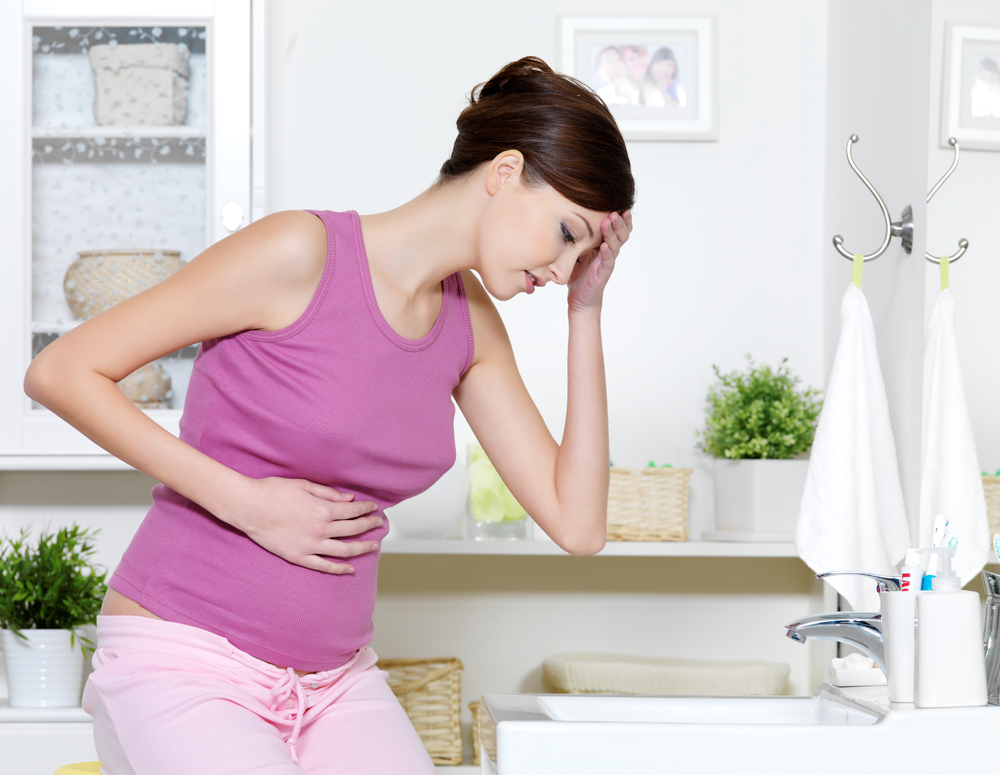 A cold can mask these symptoms, especially if they are accompanied by a runny nose, sore throat, and cough. Such symptoms indicate that a weakened immune system is behind the start of the break. Cold phantoms can persist for several days and then disappear without any treatment, indicating that the body has "adapted" to the new conditions.
A cold can mask these symptoms, especially if they are accompanied by a runny nose, sore throat, and cough. Such symptoms indicate that a weakened immune system is behind the start of the break. Cold phantoms can persist for several days and then disappear without any treatment, indicating that the body has "adapted" to the new conditions.
Changes in sensations and perceptions
The first signs of pregnancy before a delay are always associated with certain sensory and perceptual changes. Most often, women notice increased soreness of the mammary glands during the first few days after pregnancy. It hurts even with a light touch.
When the mammary glands enlarge, they feel swollen.
The skin around the nipple may also change. The color becomes darker, the bumps become sharper, sometimes fluid oozes from the papillae. These symptoms indicate that the body is preparing for future breastfeeding. However, such changes are not mandatory and very often the condition of the breast remains unchanged for a long period of time during pregnancy.
In fact, it has been pointed out that women reject certain smells after conception. This is due to the fact that disgust is caused by odors that did not previously cause a negative reaction. The smell of fried meat and fish is often unpleasant. In early pregnancy, there seems to be a reaction to the smell of alcohol that you like. Such symptoms can signal the onset of early intoxication, which will cause many problems in the near future.
And even before the delay, you may notice a change in taste preferences. For example, you might want to eat something incompatible, or you might want to harden edibles with impurities. During the first few weeks of pregnancy, you may not have an appetite or feel constantly hungry.
Physiological signs
Tempting urination may occur before a missed period. This is due to an increase in the level of female sex hormones. As a result, kidney function is impaired. Also, after conception, the uterus enlarges slightly and puts pressure on the bladder. Of course, this symptom becomes more pronounced in later pregnancy.
Of course, this symptom becomes more pronounced in later pregnancy.
Progesterone levels rise immediately after conception. This hormone slows down the excretion of salt and water from the body. This leads to swelling of the legs and arms, which is almost indistinguishable in early pregnancy.
Initially, people may feel heaviness or mild pain in the lower abdomen. It is similar to premenstrual syndrome and does not cause severe discomfort. This is because blood circulates in the pelvis when the fetus is placed in the uterus.
It is important to understand that severe, unexpected pain may herald a possible ectopic pregnancy or spontaneous abortion. This is a dangerous condition that requires urgent medical attention.
Psychological changes
Symptoms of delayed pregnancy are often accompanied by psychological changes. At first, irrational mood changes are observed. Such signs are found in women with a balanced character. Mood swings are caused by hormonal changes.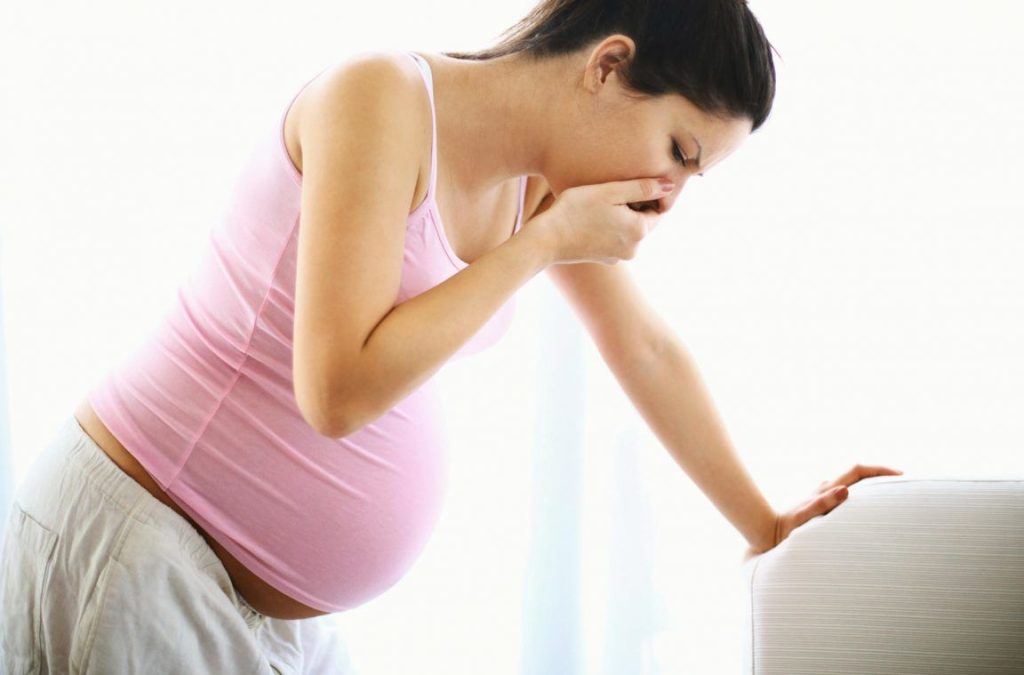
In fact, for inexplicable reasons, it manifests itself in a strong substitution of melancholy for mercy. In early pregnancy, women can become irritable, forgetful, whiny, and demanding of others. Another common symptom is increased anxiety.
Among the changes in the female body, deterioration in sleep is noted almost immediately after pregnancy. Such symptoms are one of the clear signs of pregnancy before a missed period. You may need to increase the night break.
Cautious women who want to conceive a child can always fix it before it's too late. This will allow you to properly prepare for the first visit to the gynecologist. It should be understood that the first symptoms of pregnancy are observed after 8-10 days from the moment of conception. During this period, the embryo attaches to the walls of the uterus and some changes begin to appear in the woman's body.
How noticeable the signs of pregnancy are depends on your physical characteristics. If you are very sensitive to hormonal changes, the symptoms will be overwhelming.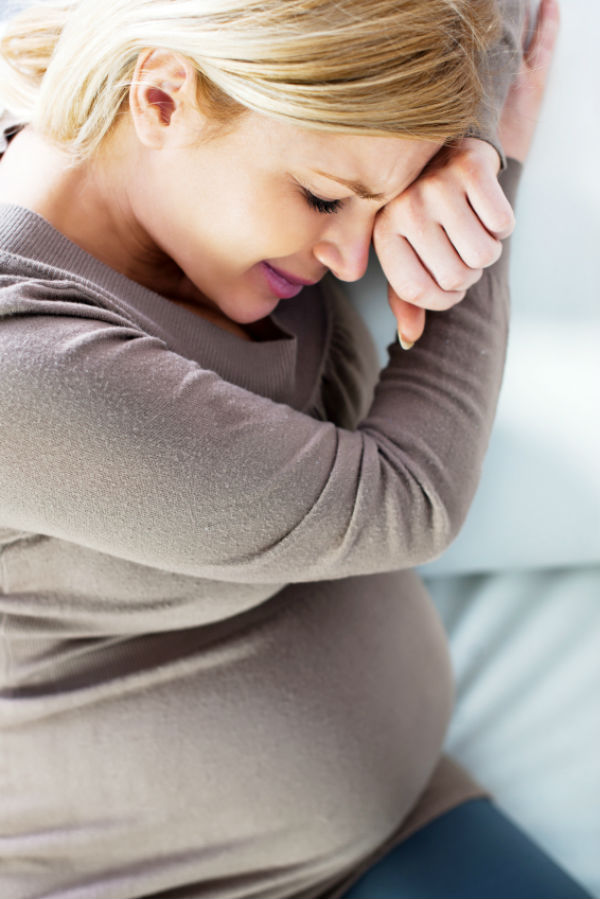 Most women who have already taken a pregnancy test feel confident in their position. Therefore, before going to the doctor, it is necessary to understand the state of your health. Proper diet, avoiding irritability, and starting a lot of physical activity are key factors. If you have any health problems, contact your doctor immediately.
Most women who have already taken a pregnancy test feel confident in their position. Therefore, before going to the doctor, it is necessary to understand the state of your health. Proper diet, avoiding irritability, and starting a lot of physical activity are key factors. If you have any health problems, contact your doctor immediately.
All materials on this site are for informational purposes only and are not intended for medical advice, diagnosis or treatment. The site operator, authors and authors of articles are not responsible for any consequences or losses incurred when using the site materials.
Features of detecting pregnancy in the early stages
When planning a pregnancy, any unusual moment seems to be a sure sign of pregnancy. Women will have regular check-ups to detect long-term events.
Even if you are pregnant, remember that laboratory inspections are necessary, as it is not always possible to judge accurately by testing.
Three weeks after conception, you will be able to judge the symptoms. In addition, in late menstruation, you can check pregnancy with an HCG urine test: you can usually easily check at home.
Instructions One usually simple tests for home use.
For the first time it shows subjective symptoms of pregnancy. From the early characteristic clinical image, it may be confused with PMS.
Here we will explain the main subjective symptoms.
| Symptoms | Item description |
| Inability of emotional origin | The mood always starts to change. Suddenly there is psychological excitement, replacing the good emotional state of tears. In folk remedies, nervous tension and autonomic mood changes are signed as pregnancy. |
| Malaise | Symptoms of acute respiratory infections can be seen in the early stages, so you might think you have a cold. Fatigue and weakness occur. |
| Changes in sexual charm | During pregnancy, sexual desire sometimes changes several times and may deviate in the opposite direction. As little as two weeks after treatment, the level of sexual activity can change dramatically. |
| Sleeping disorder | Drowsiness is a characteristic symptom. Women may feel the lack of soup even if they leave too much for 12 hours. Insomnia is common. |
| Discomfort around the uterus | I feel sewing pain in the uterus. |
| Severe pelvic viscera | When you become pregnant, circulation improves and blood comes from the pelvic organs. As a result, the uterus and small pelvis feel heavy, giving a feeling of fullness. |
| Low pain | Pain in the lower back: pain, sewing pain, shooting pain, etc. As the fetus grows, the uterus enlarges, which begins to worry about lower back pain. |
| High breast sensitivity | The mammary glands also emit early pregnancy signals.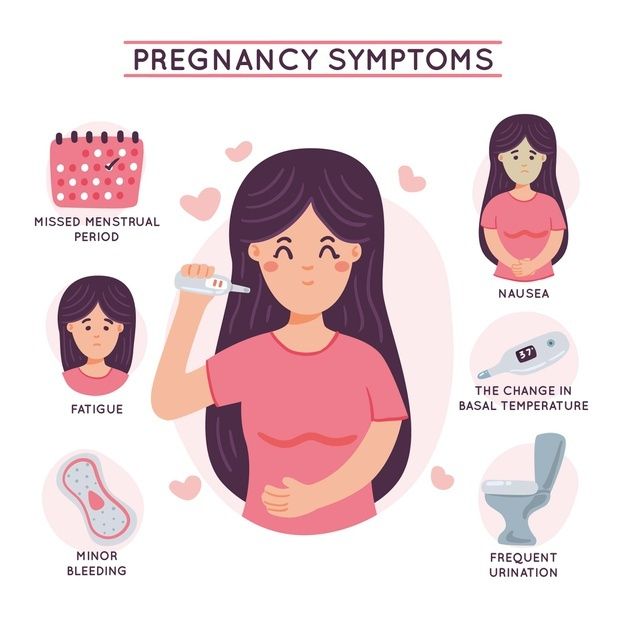 Even if you touch it lightly, you may feel pain. Even if you touch it lightly, you may feel pain. |
| migraine | Headaches may last all day or only at night. This is one of the true initial symptoms of pregnancy. |
| Emblem | Heat turns into cold and vice versa. The sensation is internal and the temperature is usually not noticed. |
| nausea | Women often ask: "How fast is the toxicity?" In fact, there are individual differences in this process, and vomiting and illness can begin in the early days. |
| Early morning nausea is often accompanied by changes in appetite and taste. | Pregnant women begin to realize that they suddenly appear or disappear. In addition, the taste of taste has changed, and specific foods are often required. |
| Sudden increase in sensitivity to smell | The sense of smell changes dramatically. Many women note that they smelled strongly during pregnancy. In the past, nausea appears in the smell, which seems quite pleasant.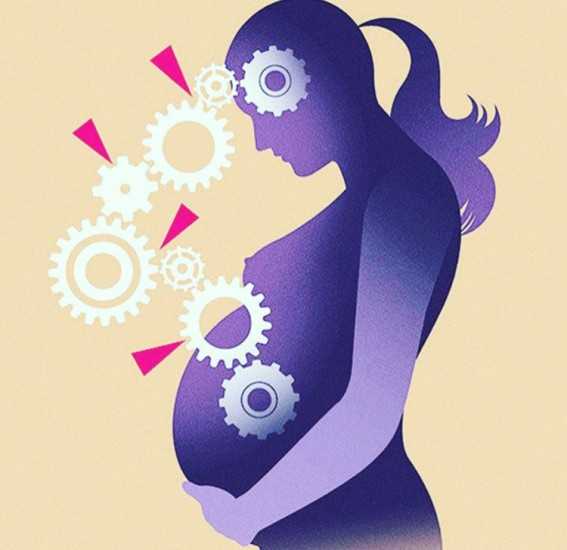 |
| allergy | There may be allergic reactions that were not present before pregnancy. |
| Discomfort while sitting | The woman who was able to sit down was uncomfortable and had been looking for a suitable position for a long time. |
With these signs, women can know about pregnancy before they are late. However, accurate results can be obtained with an HCG blood test.
External signs of pregnancy
Pregnancy is determined by visual characteristics, in addition to subjective internal sensations. Let's take a look at the most common symptoms.
This happens not only late, but also in the early stages, when menstruation should not be.
| Symptoms | Item description |
| Pimples | Acne occurs due to sudden changes in hormones in the body. |
| swelling | It is characterized by slight swelling of the hands and swelling of the face. The most obvious sign is swollen feet. Therefore, it is extremely difficult to put it on in the evening. |
| Thoracic vein drawing | You can see the pattern by reading the message board posts. Many women write that their breasts begin to change in the first days after pregnancy. A venous pattern appears. |
| bloating | The intestine initially begins to function in a slow mode. As a result, it causes constipation, bloating and abdominal pain. |
| dark spots on the skin around the nipple | This symptom varies from person to person, in some it is more pronounced, while in others it is almost impossible to see the darkness. |
| breast edema | Breast turns green and sheds. Even if the expectant mother loses her appetite and loses weight, her breasts grow. |
| brown line on abdomen | An imaginary line passes below the navel. turn brown, darken. turn brown, darken. |
| redness of the face | Redness of the cheeks stands out due to the improvement of blood circulation. By evening, the heat becomes noticeable. |
First pregnancies are especially distressing. By the second time this happens, and women are already better versed in individual signs.
physiological changes
Pregnancy is diagnosed by various physiological and experimental changes.
- Vaginal discharge of clothes with a terrible character. It probably happens between 7 and 12 days after conception. In this case, it is a symptom that can confirm that the fetus is stuck in the uterus.
- HCG levels are rising. This figure increases even in the early stages, when conception has occurred recently. HCG is determined by urinalysis and laboratory blood tests.
- The first pregnancy factor is also known. Cervical mucus contains a specific substance that can be detected as early as 28 hours after conception.
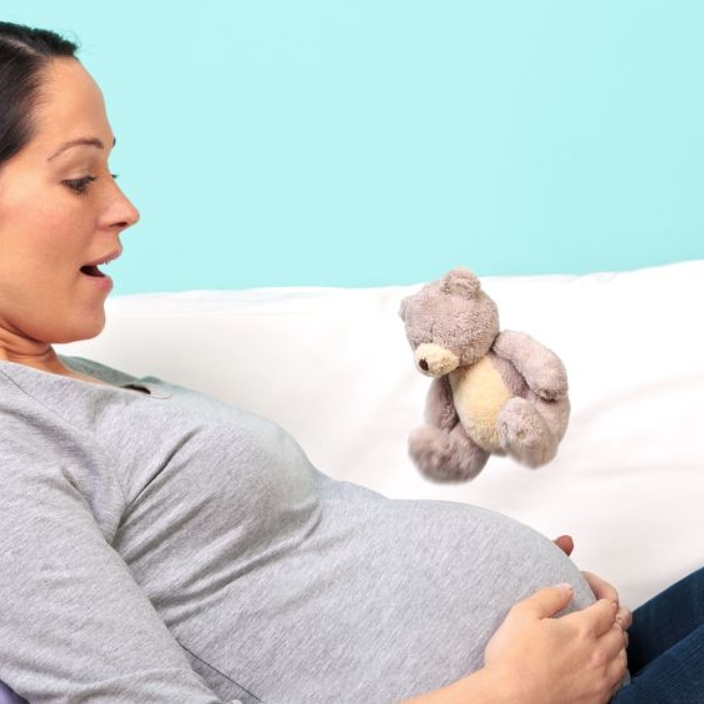
- Development of basal body temperature. When you are pregnant, your basal body temperature naturally rises.
Women who are expecting pregnancy may show signs of pregnancy.
Doctors note that late menstruation remains the most characteristic sign of pregnancy.
If your period is 10-12 days late, it's time to get checked out and see a doctor.
Going to the doctor
If your period is already three weeks late, it's time to see a specialist. This is very important, because first of all it is necessary to exclude the possibility of an ectopic pregnancy.
A doctor can diagnose pregnancy in the uterus. If a woman herself suddenly develops an ectopic pregnancy, it cannot be accurately determined. In this condition, the symptoms are normal, as if the pregnancy were normal.
Pregnancy diagnosis
Pregnancy can be determined in several ways. Think how you need it.
- This is a test tube.
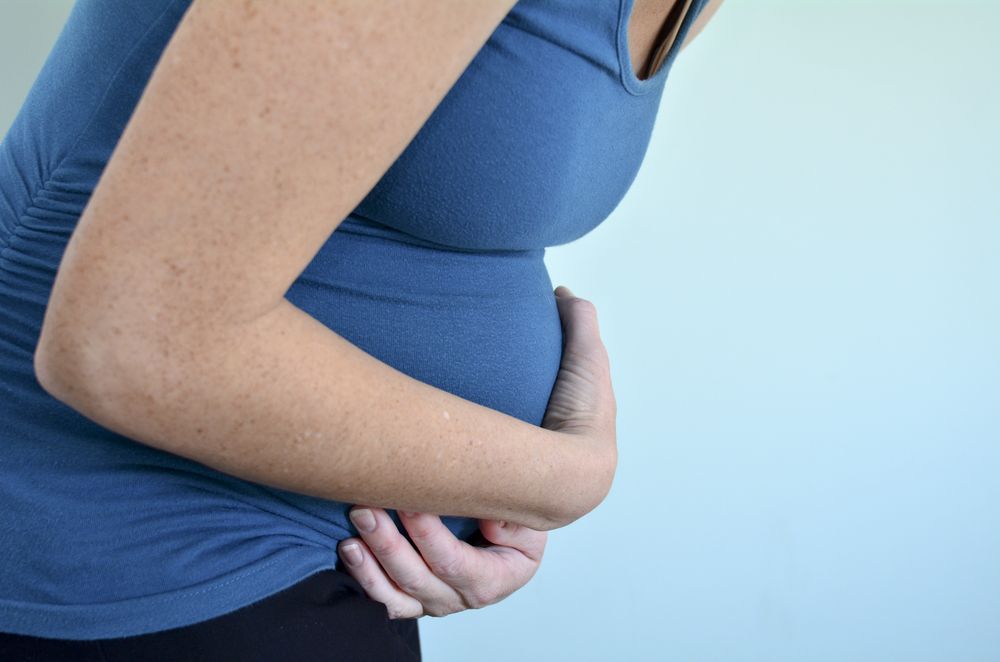 Urine can be analyzed using a special tape. Such tests are inexpensive, but have a very high accuracy, about 90%.
Urine can be analyzed using a special tape. Such tests are inexpensive, but have a very high accuracy, about 90%. - Blood test Blood is examined to determine the level of human chorionic gonadotropin. Pregnancy can be diagnosed a few days after conception. The accuracy is close to 100%.
If you are planning to become pregnant, donating blood for hCG may be the most reasonable option.
Signs of conception boy, girl, multiple pregnancy
Interestingly, many women can judge which sex of their child will be associated with their characteristic symptoms. Of course, this hypothesis remains doubtful because sex has not yet been formed in the early stages. However, young mothers can find many models on the bulletin board. Let's give it.
Symptoms of multiple pregnancy
When working with twins and triplets, these signs may appear.
- If it looks bad, pimples might be good.
- There are many diseases, long, spicy.
Many new mothers have reported these symptoms.
Many young mothers with young children may be aware of these symptoms.
A young mother can guess that a boy is born from the following signs.
- The appearance is greatly improved, such as preparing hair and nails beautiful, beautiful skin and matte texture.
- There is an increase in appetite. Usually female pregnant women start drawing meat dishes.
- It is said that women are more beautiful and more active when a boy is born.
Recognition of girls
Some women dream of girls. He is separated from a friend on the Internet because he can tell with a high probability when the daughter was born. There are various signs.
It looks bad and swells.
- A few weeks later he seems to be ill in the morning.
- Most women should know that they are the main features that just slide on sweets and growing belly growth.
 Sometimes you can barely see it in the third month.
Sometimes you can barely see it in the third month.
If the symptoms of pregnancy suddenly disappear, this may be a signal for a frozen pregnancy.
For many women, the most religious and wonderful time is pregnancy. This news brings true happiness to people and people may panic and fear. Therefore, it is better to know as soon as possible and make the right judgment for you.
Pregnancy occurs immediately after conception. However, the possibility of pregnancy can only arise when it occurs in the woman's body.
How Pregnancy Begins
Ovulating Women
Ovulation is the process of mature new eggs being released from the ovaries into the fallopian tube. In the case of women, ovulation occurs about 14 days before the new moon. Eggs live for 12-36 hours after leaving the ovaries.
It may be physiological to be able to get pregnant only during the ovulation period, which lasts only 36 hours in a woman's body.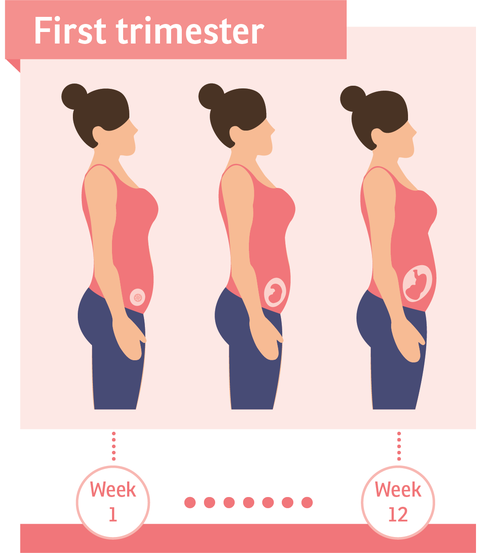 Considering that sperm survival is maintained for several days, it is convenient for pregnancy 2-3 days and 2-3 days before ovulation.
Considering that sperm survival is maintained for several days, it is convenient for pregnancy 2-3 days and 2-3 days before ovulation.
On other days, the chance of pregnancy is less than 15%. The exception is that the cycle is irregular, which leads to intermittent ovulation and double ovulation, which is rare.
Beginning of pregnancy
Fertilization is carried out directly in the herb pulp, one of the 1 billion sperm produced by the egg. A few hours after the hypothesis, already fertilized eggs on their way to the uterus begin to divide, so new adhesions appear more and more every day.
When a fertilized egg enters the uterus, it adheres to the endometrium, i.e. implantation. Later, all the chemical and physical reactions necessary for pregnancy are formed.
This requires 7 to 12 days from applying for implantation. Sperm lives in a woman's body for 6-7 days, but only three days can be active.
When a woman becomes pregnant, body reconstruction begins to build the baby and give birth safely. A change at this time is a reasonable sign, even before the period is delayed.
A change at this time is a reasonable sign, even before the period is delayed.
Early signs of pregnancy
These are the following.
Light hemorrhage about 6-12 days after intercourse
Frequent urination, pain in urination
In many cases, cold symptoms, headaches, fatigue, fever and malaise.
Lowering blood pressure
Tenderness of the mammary glands may cause a little swollen or bruised.
Pregnant women are said to have a feeling of bloating in the lower abdomen because blood flow to the pelvis is increased and the uterus is enlarged.
Improved sense of smell
Indirect signature
Indirect signature
Ectopic pregnancy
In some cases, the baby grows outside of the uterus. This may be due to inflammation, congenital or acquired pathology of the fallopian tubes and hormonal disorders. Unfortunately, the child was not saved.
It is very important to understand the condition in the early stages, otherwise the woman's life will be at risk.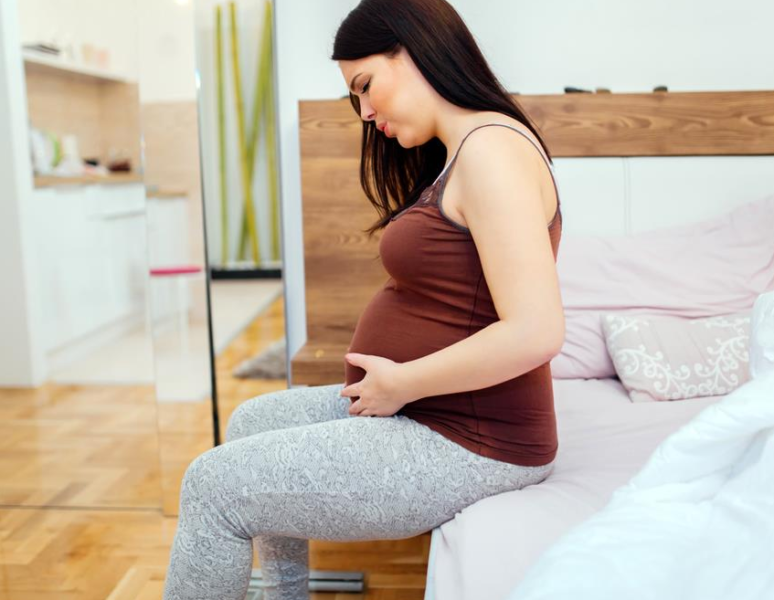 In the early stages, this is the same as usual, but in the future, if the fetal egg occurs in the wrong place, it will lead to internal bleeding and urgent surgery will be required.
In the early stages, this is the same as usual, but in the future, if the fetal egg occurs in the wrong place, it will lead to internal bleeding and urgent surgery will be required.
If you cannot deny the pregnancy, you should consult with the gynecology department and get an ultrasound diagnosis to rule out an ectopic pregnancy. It is not possible to find an ectopic pregnancy with a normal pregnancy test. This is because the test gives a positive reaction in the same way as a normal pregnancy. However, an ectopic pregnancy can threaten life and health, and there is a difference that surgery is required.
Pregnancy Diagnostic System
Pregnancy Test
You can buy a pregnancy test product to find out if you are pregnant early, with indirect signs and doubts. This is the fastest and easiest way. There are many tests, from the simplest and cheapest to the most expensive electrical ones. There is a test of the 4th generation.
Regular strip.
Normal paper test
Electronic, digital test.
What is the mechanism of the pregnancy test?
Pregnancy test preparations are similar to tube tests. It measures the urine concentration of a special hormone (human gonadotropin) secreted from the placenta. The production of antibodies contained in certain hormones may differ depending on the woman. Therefore, it is best to use the drug for a pregnancy test. This test preparation contains all known antibodies, so you can accurately show correct results.
If you have a tumor in the female reproductive organs, it may be a false positive.
However, there are not many false negatives, and a pregnancy diagnosis can only mean that the concentration of the hCG hormone is still too low.
To get an accurate picture of your gestational age, you need to have blood flowing through your veins on an empty stomach. A blood test can determine the stage and can be done as early as 6 days after conception. The blood contains hCG (human chorionic gonadotropin), the hormone of pregnancy. It is this hormone that determines the formation and course of pregnancy. It blocks the menstrual cycle and activates the secretion of other hormones needed to keep the pregnancy going. HCG activity persists during pregnancy.
The blood contains hCG (human chorionic gonadotropin), the hormone of pregnancy. It is this hormone that determines the formation and course of pregnancy. It blocks the menstrual cycle and activates the secretion of other hormones needed to keep the pregnancy going. HCG activity persists during pregnancy.
Pregnancy and due date testing
The hCG hormone is measured in both blood and urine. However, because blood levels increase faster, a blood test can provide more information than a urine test in the very early stages of pregnancy.
It is very important to know that the determination of the hCG hormone level is a critical point in studies in early pregnancy. Especially in the case of impending miscarriage and ectopic pregnancy, numbers are important. Only specialized laboratories can make a diagnosis, and only specialists can interpret the results. There are no tests for hCG at home.
Finally here! My period is delayed. If you want a baby, there is great hope that you will get pregnant this time. You can find out faster with a pregnancy test. In the meantime, let's take a look at ourselves. You may have already noticed the change. The body usually gives a clear indication that fertilization has occurred. Most of the symptoms are related to elevated hormone levels.
You can find out faster with a pregnancy test. In the meantime, let's take a look at ourselves. You may have already noticed the change. The body usually gives a clear indication that fertilization has occurred. Most of the symptoms are related to elevated hormone levels.
Of course, not all signs are pregnant. But the more typical symptoms you notice, the more likely it is. However, only doctors can make the final decision. "You're Pregnant~ Congratulations"
The early symptoms of pregnancy are as varied as they are vague. In many cases, the first signs of pregnancy appear before the missed period. This may be an early sign of pregnancy.
Uncertain early signs of pregnancy
- Nausea/vomiting
- Cohesive feeling of tiredness and malaise
- Increased appetite, extreme food addiction
- Sensitive breasts and dark nipples Change in taste
0003- Abdominal cramps, minor bleeding, discharge
- growth of hair and nails
- change in skin condition
- Swelling and constipation to the cinema. She doesn't know yet that she can have children, but everyone in the movie theater has already taken the hint.
She doesn't know yet that she can have children, but everyone in the movie theater has already taken the hint.
Nausea and vomiting
Nausea is actually not that typical. Some women are very sick, and others, in principle, a little sick.
No matter how much you stay up all night, don't you get tired all day? Called to the couch at noon and your eyes start to magically close? A great desire for dreams is one of the signs of pregnancy. If you feel unusually tired or lethargic, you may be pregnant.
"Lead" fatigue and fatigue
Even if you drink as usual, you always want to go to the toilet. It can also be an early sign of pregnancy. When the embryo is implanted, it releases the hormone human chorionic gonadotropin (hCG), which causes it to go to the toilet more often.
Frequent urination
Is your body screaming that you want chocolate, or will you wake up in the middle of the night and buy greasy chips at the gas station? Or is there another unusual dietary habit? Lottery! ? You may be pregnant. For example, many women report strange eating habits as initial symptoms of pregnancy, such as having hot sarsa directly from the bottle or a vegetarian who wants to immediately bite into bulky salami.
For example, many women report strange eating habits as initial symptoms of pregnancy, such as having hot sarsa directly from the bottle or a vegetarian who wants to immediately bite into bulky salami.
Increased food cravings and unusual eating habits
In some cases, the breasts may show symptoms of early pregnancy. Pay attention to the following symptoms: the breast becomes thicker and begins to swell. When you touch it, the mammary glands are plump and very sensitive. The nipples often look darker than usual. Opposite symptoms can be caused by hormonal imbalance and past pregnancy.
Sensitive breasts and darkened nipples
Every day I realize that detergent smells unbearable. Alternatively, she complains to her husband, "I recently bathed in the colon." you know? In early pregnancy, sensitivity to smell usually increases. Some women have a strange metallic taste in their mouths. One of the early symptoms of pregnancy is that you suddenly hate alcohol and tobacco.
Changes in smell and taste sensations
Stomach feeling menstruation begins. It's frustrating to think. "It worked again!" Alternatively, you may notice small spots and discharges. However, menstruation does not come every day. Then these symptoms may be the initial symptoms of pregnancy. These symptoms are usually harmless and the fertilized eggs implant in the uterus. Just in case, do not overdo it and do not refrain from exercising. If you feel abnormal, see your doctor.
Abdominal cramps, light bleeding and discharge
You can see if you are pregnant by regularly measuring your basal body temperature. If your body temperature is higher than normal for 18 days after getting up in the morning, you are likely to be pregnant.
Elevated basal body temperature
It is impossible to say exactly how many weeks a particular symptom appears. When the first sign of pregnancy appears and depends on each woman. However, the symptoms of early pregnancy are usually due in the following week.
When do early signs of pregnancy appear?
4th week: implantation pain, light bleeding, breast tenderness.
5th and 6th weeks: depression, fatigue, hunger, nausea, vomiting
7th and 8th weeks: nausea, cardiovascular disorders, dizziness, hypotension, insomnia, frequent urination.
9th, 10th week: changes in the mammary glands, nausea, shortness of breath
11 weeks, 12 weeks: bloating, constipation
There are different symptoms in the early stages of pregnancy, but what's the surest way to tell you're still pregnant?
The three surest signs of pregnancy. Sometimes stress, fluctuations in hormones or organic diseases, but it is best to take a pregnancy test.
2. I suffer from nausea.
You may feel slightly nauseous a few days after the suggestion. Some people (illness) are only nauseous in the morning, while others often feel nauseous during the day. It is caused by the pregnancy hormone, human gonadotropin (HCG).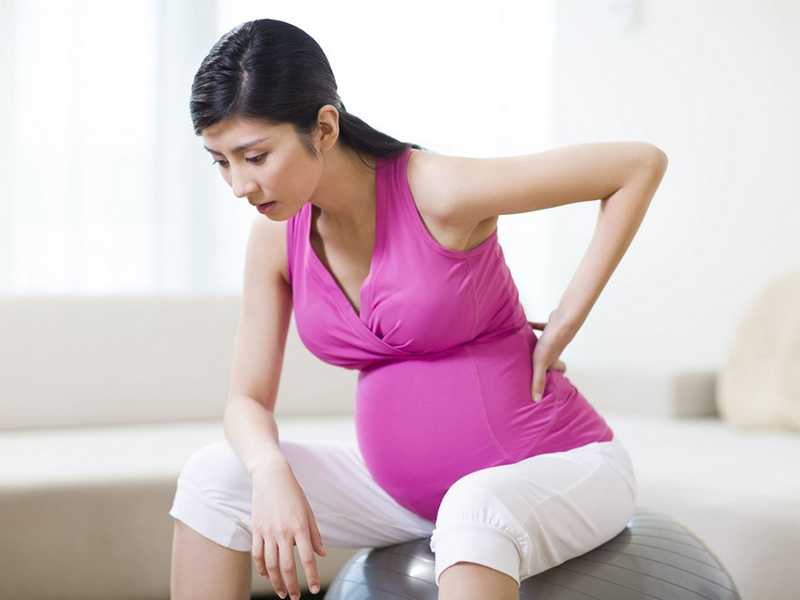
3. A positive reaction appeared in the preparation for a pregnancy test.
Congratulations. Perhaps contact a gynecologist and start looking for an obstetrician and gynecologist for childbirth.
Remember: if something doesn't feel right, see your doctor as soon as possible. Make an appointment with your doctor even if your pregnancy test is positive.
Pregnancy: when milk production starts
How to choose a breast pump
Breast changes from early pregnancy to the end of lactation
girl is not sure about pregnancy
Psycho-emotional disorders during pregnancy. The need for their correction
Currently, more and more attention is paid to the influence of a woman's psycho-emotional state on reproductive function, pregnancy and perinatal outcomes [2,4,14]. In recent years, in developed countries, there has been an increase in the frequency of various mental disorders in women of reproductive age, the proportion of patients taking psychotropic drugs has increased, including among women who are planning a pregnancy and pregnant women [3,6,9].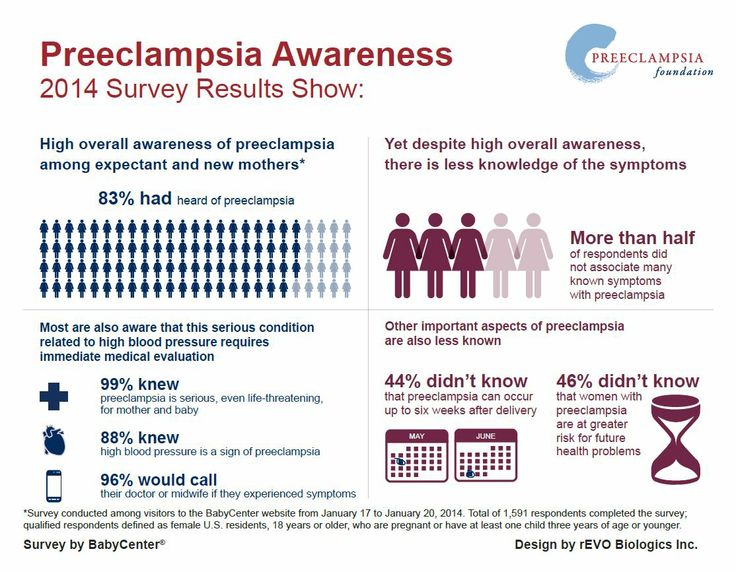
Almost all pregnant women are subject to sharp emotional swings, since the expectation of a child is associated with changes - both physical and emotional. Hormonal changes during pregnancy lead to the fact that the mood of a pregnant woman changes dramatically almost every hour.
A future mother can get rid of such emotional swings and feel calm during pregnancy by observing the rules of emotional health. Emotional balance and physical fitness are equally important for a pregnant woman, they equally help her prepare for motherhood. Due to the lack of maternal experience, a pregnant woman may experience sudden emotional outbursts. The first pregnancy is a new experience that is quite difficult to comprehend. Ignoring the fact that the emotions of a woman who is expecting a child is much more complex and sharper than usual, can lead to a number of problems, including in relations with her spouse. Acceptance of this fact is the basis of emotional health during pregnancy [1,5,11].
Also, if a woman is pregnant for the first time, she experiences many fears, which include fear of childbirth and untimely termination of pregnancy, concern about the health of the unborn child and her own health, fear of labor pains and inevitable pain, fear of partner / spouse disappointment due to changes occurring with body. Modern women have to worry about careers, financial problems, and many additional costs associated with the appearance and upbringing of a new family member.
All these fears can lead to many negative emotions, such as anxiety, depression, irritation, anxiety, stress, anger, feelings of loneliness, confusion. Most often, changes in the psycho-emotional background during pregnancy lead to the development of depressive and anxiety disorders. Until the end, the pathogenesis of these changes is unclear, several theories are discussed, it is believed that changes in the hormonal background during pregnancy, including a significant increase in estrogens, and especially progesterone, in the blood serum can exacerbate existing emotional disorders [5,7,15].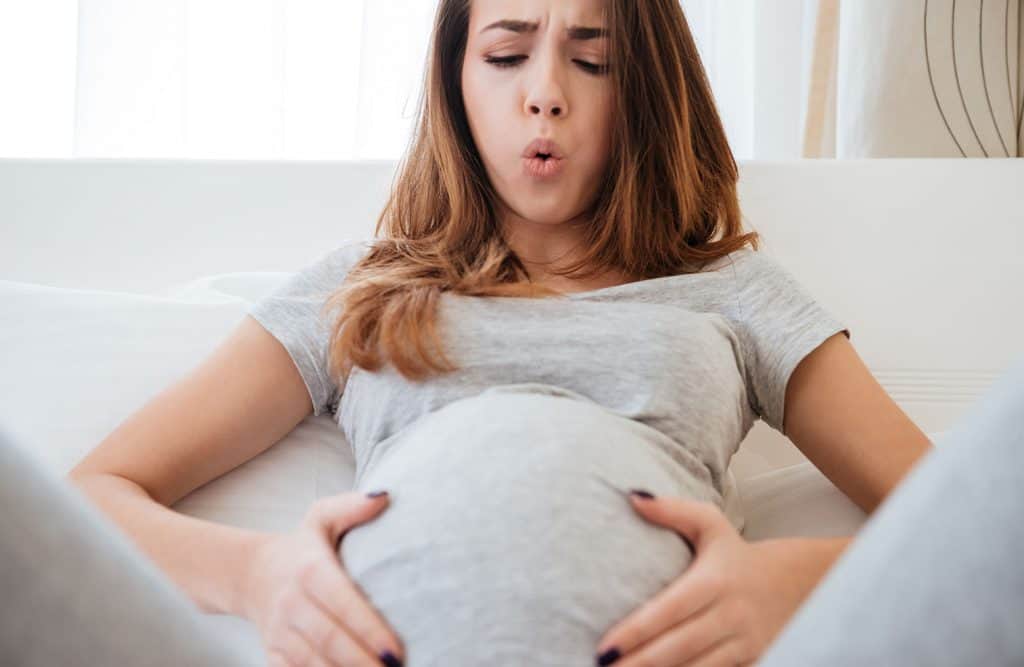 As a rule, minor manifestations in the form of irritability, tearfulness, resentment accompany manifestations of early toxicosis in the first trimester of pregnancy - nausea, vomiting, etc. [6,10]. After the disappearance of these symptoms, the neuropsychic state of pregnant women usually improves. At the same time, an important role in the development of anxiety states is played by certain physical discomfort and psychological factors, which include forced changes in lifestyle, communication in the family and with work colleagues, concern for the health of the unborn child, financial difficulties - all this contributes to the appearance or exacerbation of psycho-emotional disorders during pregnancy. For some women, the onset of pregnancy is unexpected and not always desirable, however, due to the circumstances, a decision is made to prolong this pregnancy, which can lead to a further increase in stress and anxiety [5,8,12]. It should be noted that additional psychotraumatic factors may appear during pregnancy, such as the occurrence of pregnancy complications requiring hospitalization, or the detection of congenital malformations in the fetus, which can cause negative images and feelings [1,10,12].
As a rule, minor manifestations in the form of irritability, tearfulness, resentment accompany manifestations of early toxicosis in the first trimester of pregnancy - nausea, vomiting, etc. [6,10]. After the disappearance of these symptoms, the neuropsychic state of pregnant women usually improves. At the same time, an important role in the development of anxiety states is played by certain physical discomfort and psychological factors, which include forced changes in lifestyle, communication in the family and with work colleagues, concern for the health of the unborn child, financial difficulties - all this contributes to the appearance or exacerbation of psycho-emotional disorders during pregnancy. For some women, the onset of pregnancy is unexpected and not always desirable, however, due to the circumstances, a decision is made to prolong this pregnancy, which can lead to a further increase in stress and anxiety [5,8,12]. It should be noted that additional psychotraumatic factors may appear during pregnancy, such as the occurrence of pregnancy complications requiring hospitalization, or the detection of congenital malformations in the fetus, which can cause negative images and feelings [1,10,12].
The state of psycho-emotional stress with the presence of anxiety of various levels is observed in 40% of women with a normal pregnancy [2,7,11]. Borderline neuropsychiatric disorders can be presented in the form of hypochondriacal and hysterical syndromes. However, there are other forms of gestational borderline neuropsychiatric disorders, their features are the invariable inclusion in the clinical picture of certain psychopathological phenomena directly related to pregnancy: various fears for the successful course of pregnancy, obsessive fears for the fate of the fetus, expectation of childbirth, conditioned reflex fears associated with unfavorable past pregnancies and childbirth [5,6,8]. A study of pregnant women who do not have signs of borderline neuropsychiatric disorders showed that character accentuation was established only in a quarter of women. The first trimester of pregnancy is usually characterized to some extent by the sharpening of existing character traits. Soft, vulnerable, insecure women become even more impressionable, sometimes excessively tearful, and anxious (those women who have had miscarriages in the past or this pregnancy are not going well, in this case, the fear of another abortion can become simply obsessive) ). Powerful women with a sharp character can become even more aggressive, irritable and demanding. In the third trimester of pregnancy, emotional swings may begin again in connection with the expectation of childbirth, and with them fear - especially women who have to experience this event for the first time are susceptible to it [5,6,11].
Powerful women with a sharp character can become even more aggressive, irritable and demanding. In the third trimester of pregnancy, emotional swings may begin again in connection with the expectation of childbirth, and with them fear - especially women who have to experience this event for the first time are susceptible to it [5,6,11].
Anxiety disorders may first appear during pregnancy, there may be a change in the course of already existing disorders. In one retrospective study in women with panic attacks, 20% of cases showed a decrease in symptoms during pregnancy, 54% remained unchanged, and 26% worsened the course of the disease [12]. The detection of depression in pregnant women is difficult. Many symptoms, such as emotional lability, increased fatigue, changes in appetite and cognitive decline, are often found in physiologically normal pregnancy. Under stress, the hormones of the adrenal glands of the mother release catecholamines (stress hormones) into the blood, and during the experience of positive emotions (joy, calm, etc.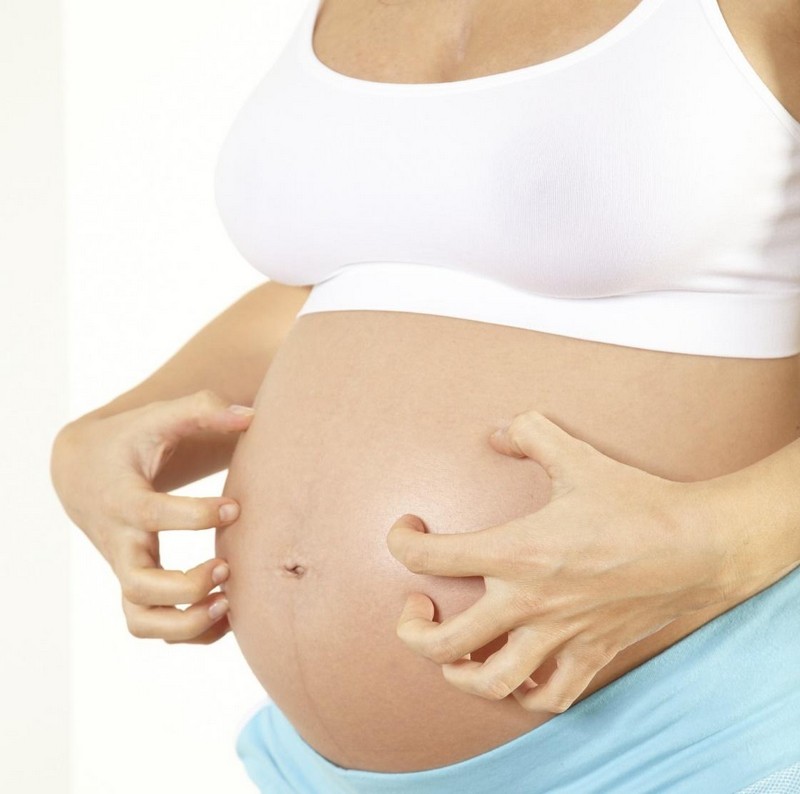 ), the hypothalamic structures produce endorphins, which, penetrating through the placental barrier, directly affect the fetus. Consequently, mother and child are a single neurohumoral organism, and each of them equally suffers from the adverse influence of the outside world, which is recorded in long-term memory, affecting the entire subsequent life of the child. Positive maternal emotions cause an increase in the growth of the fetus and an increase in the level of its sensory perception.
), the hypothalamic structures produce endorphins, which, penetrating through the placental barrier, directly affect the fetus. Consequently, mother and child are a single neurohumoral organism, and each of them equally suffers from the adverse influence of the outside world, which is recorded in long-term memory, affecting the entire subsequent life of the child. Positive maternal emotions cause an increase in the growth of the fetus and an increase in the level of its sensory perception.
According to the literature [2,5,11,15], a significant effect of anxiety disorders on the course of pregnancy and perinatal outcomes has been noted: the frequency of placental insufficiency, fetal growth retardation, premature birth, the birth of children with low body weight, which subsequently affects negatively on long-term forecast for them.
Thus, emotional swings are dangerous not only for the woman herself, but also for her unborn child. When a pregnant woman experiences stress, her body produces more of the hormone cortisol, the main “stress hormone”.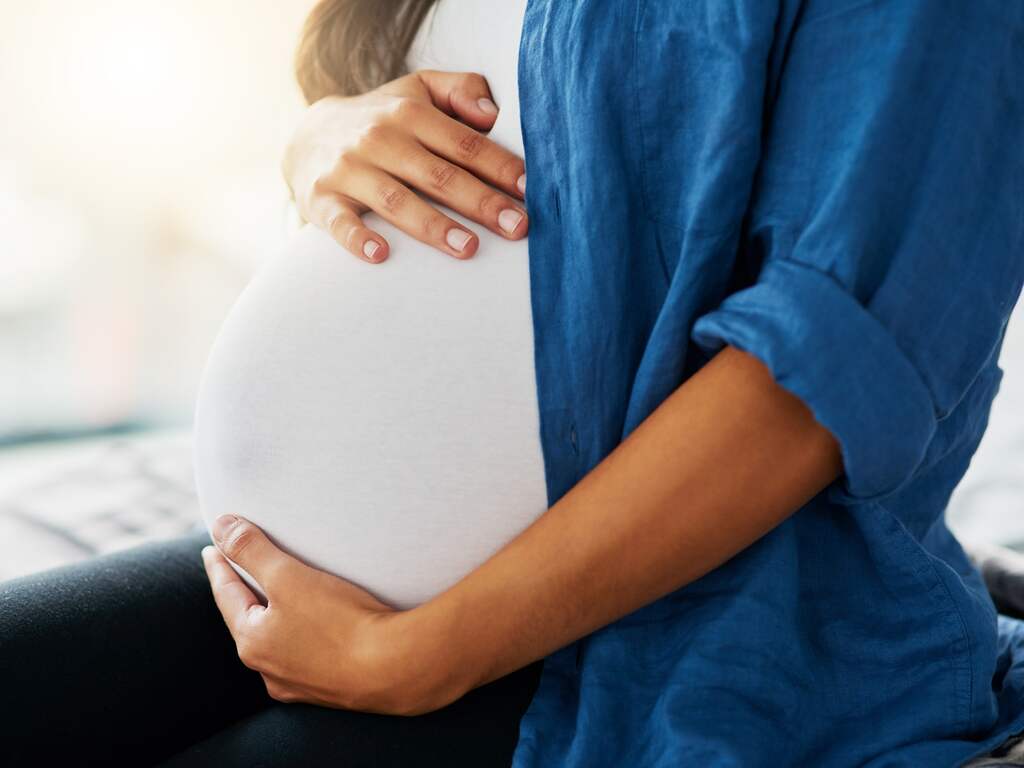 Cortisol increases blood pressure and blood sugar levels, negatively affects the strength of the immune system - which, of course, adversely affects the health of the child.
Cortisol increases blood pressure and blood sugar levels, negatively affects the strength of the immune system - which, of course, adversely affects the health of the child.
Stress during pregnancy is dangerous for a variety of reasons. Chronic stress experienced for several weeks can slow down the development of the cells of the body of the embryo, the growth of the fetus. This increases the risk of miscarriage or spontaneous abortion or premature birth. Elevated levels of stress hormones can damage the brain of an unborn baby and lead to parenting problems later on.
Psychological stress in the perinatal period brings with it a whole range of problems that require serious attention to the psychological sphere of a pregnant woman in order to avoid obstetric and other complications. However, diagnostic criteria for the transition of the stress syndrome from the link of adaptation to the link of pathogenesis of various diseases have not yet been found [2,4,15].
Emotional control is necessary to maintain normal emotional balance during pregnancy. A pregnant woman who successfully manages her emotions is aware of the changing emotional balance and is ready to accept what is happening to her.
A pregnant woman who successfully manages her emotions is aware of the changing emotional balance and is ready to accept what is happening to her.
There are several basic rules that will help to cope with emotional imbalance:
• You must come to terms with the fact that physical and emotional changes are an inevitable part of the pregnancy period. You need to understand that this is a temporary stage that will last only a few months and end a maximum of 1-2 months after the birth of the child.
• Each trimester of pregnancy brings new changes, both in the body and in the emotional state. The main source of information about pregnancy is special literature and the experience of women who have recently given birth, who can share their feelings and experiences.
• A pregnant woman is responsible for the emergence of a new life. Taking care of yourself means taking care of your child. Proper nutrition, rest and self-indulgence are essential.
• A pregnant woman should be open to dialogue and not be afraid to discuss her problems with a gynecologist, partner or friends - anyone who can provide emotional support. You should not keep fears and worries in yourself - this will only aggravate internal tension.
You should not keep fears and worries in yourself - this will only aggravate internal tension.
• Changes associated with pregnancy can lead to low energy and, as a result, rapid fatigue. You need to slow down, re-prioritize your work, and give yourself a break.
• Emotional tension and negative emotions can be overcome by being distracted by pleasant activities or hobbies. When emotions overwhelm you, try to analyze what is bothering you, and then find an adequate solution.
• Engaging in certain physical activities designed specifically for expectant mothers will help improve both physical and emotional health.
• The main components of emotional health during pregnancy are rest and comfort.
However, unfortunately, during pregnancy, a woman cannot always cope with nervous tension, irritability, anxiety, excitement and other symptoms of stress on her own. Therefore, in some situations, she needs medical help.
The relative risk of using drugs during pregnancy makes it difficult to choose therapy, therefore, for the correction of psychoemotional disorders that occur during pregnancy, herbal drugs that have practically no side effects can be considered as highly safe therapy.
The basis of anti-anxiety complex herbal remedies is valerian. It has been used in traditional medicine for many years for its hypnotic and sedative effects and remains a highly sought after remedy to this day. The mild hypnotic effect of valerian makes it possible to use it for the relief of shallow insomnia caused by anxiety. In addition, the vegetotropic effect of valerian is well known, its ability to have a uniform effect on both mental and somatic (vegetative) symptoms of anxiety. Valerian preparations also have anxiolytic and neuroprotective effects. The spectrum of side effects of valerian is very narrow and practically limited only to allergic reactions. Although valerian extract is metabolized by the cytochrome P450 system, it has virtually no effect on the metabolism of other drugs, and thus unwanted drug interactions are excluded.
Among the phytopreparations used by clinicians for the treatment of psycho-emotional disorders, Persen, a modern combined sedative preparation of plant origin, is widely used to relieve stress symptoms (anxiety, irritability and emotional stress) without causing drowsiness.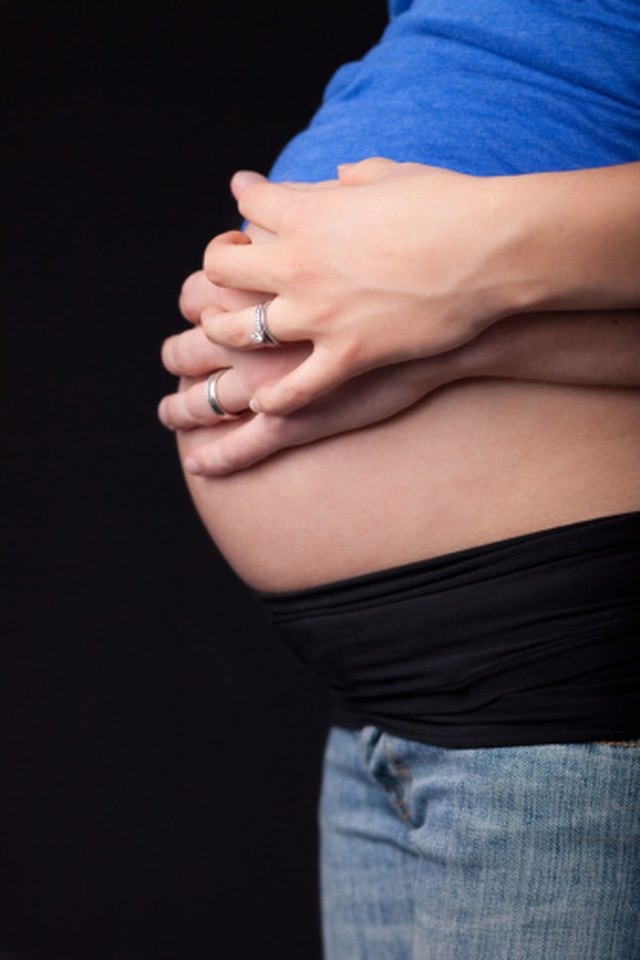 Along with valerian, the composition of the drug includes dry extracts of medicinal plants with pronounced anxiolytic activity - peppermint and lemon balm (Table 1). The additional antispasmodic effect of peppermint makes it possible to successfully use the drug in patients with a pronounced somatic component of the anxiety syndrome. In addition, lemon balm has a nootropic (increased concentration and speed of problem solving), antioxidant effect. Persen is administered orally to adults and adolescents over 12 years old, 2-3 coated tablets, 2-3 times / day, Persen forte - inside to adults and adolescents over 12 years old, 1-2 capsules 2-3 times / day.
Along with valerian, the composition of the drug includes dry extracts of medicinal plants with pronounced anxiolytic activity - peppermint and lemon balm (Table 1). The additional antispasmodic effect of peppermint makes it possible to successfully use the drug in patients with a pronounced somatic component of the anxiety syndrome. In addition, lemon balm has a nootropic (increased concentration and speed of problem solving), antioxidant effect. Persen is administered orally to adults and adolescents over 12 years old, 2-3 coated tablets, 2-3 times / day, Persen forte - inside to adults and adolescents over 12 years old, 1-2 capsules 2-3 times / day.
The advantages of Persen over other sedatives are:
• the preparation contains only natural ingredients;
• the effectiveness and safety of herbal ingredients Persena are well studied;
• does not contain alcohol and bromine;
• can be combined with any psychotropic drugs, including antidepressants;
• effective as a fast-acting symptomatic remedy when it is necessary to stop the symptoms of anxiety, agitation, and during a course of treatment for stress conditions, anxiety and phobic disorders.
Due to the natural components of plant origin that are part of Persen, this drug can be used during pregnancy. In each case, the doctor must evaluate the benefits and risks of taking Persen and other drugs, depending on the severity of the symptoms of the disease.
Thus, to prevent possible development, as well as to treat psycho-emotional disorders in pregnant women, it is advisable to use sedatives, the effect of which softens the damaging effects of psychogenic factors.
Literature
1. Abramchenko V.V., Kovalenko N.P. Perinatal psychology: Theory, methodology, experience. Petrozavodsk, 2004. 350s.
2. Avedisova A.S. Anxiety disorders // Alexandrovsky Yu.A. "Mental disorders in general medical practice and their treatment". M: GEOTAR-MED. 2004, pp. 66–73.
3. Voznesenskaya T.G., Fedotova A.V., Fokina N.M. Persen-forte in the treatment of anxiety disorders in patients with psychovegetative syndrome // Treatment of nervous diseases. 2002. No. 3 (8). pp. 38–41.
No. 3 (8). pp. 38–41.
4. Vorobieva O.V. Psychovegetative syndrome associated with anxiety (issues of diagnosis and therapy) // Russian Medical Journal. 2006. V.14. No. 23. S. 1696-1699.
5. Grandilevskaya I.V. Psychological features of women's response to the identified pathology of pregnancy: Abstract of the thesis. dis. ... cand. psychol. Sciences. SPb., 2004.
6. Kasyanova O.A. Socio-psychological factors in preparing women for pregnancy, childbirth and motherhood: Abstract of the thesis. dis. ... cand. psychol. Sciences. Yaroslavl, 2005.
7. Kovalenko N.P. Psychoprophylaxis and psychocorrection of women during pregnancy and childbirth: Abstract of the thesis. dis. … doc. psychol. Sciences. SPb., 2001.
8. Filippova G.G. Psychological readiness for motherhood // Reader on perinatal psychology: Psychology of pregnancy, childbirth and the postpartum period. M., Izd-vo URAO, 2005. 328 p.
9 Davidson J.R.T. Pharmacotherapy of generalized anxiety // J.

